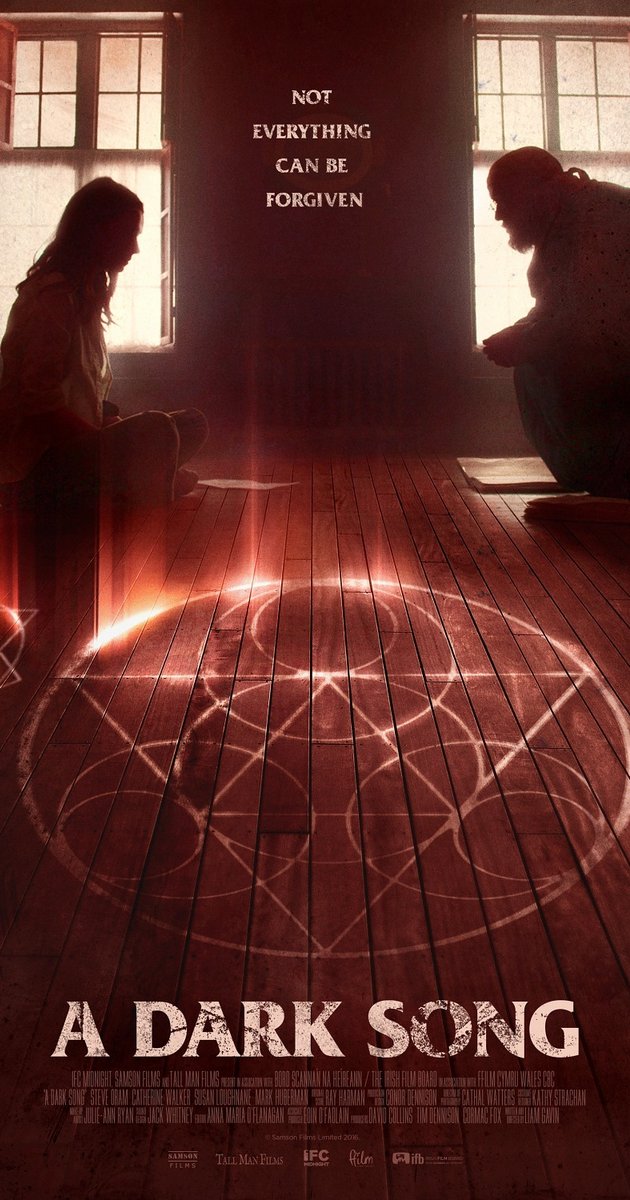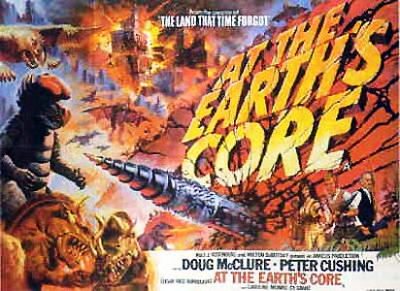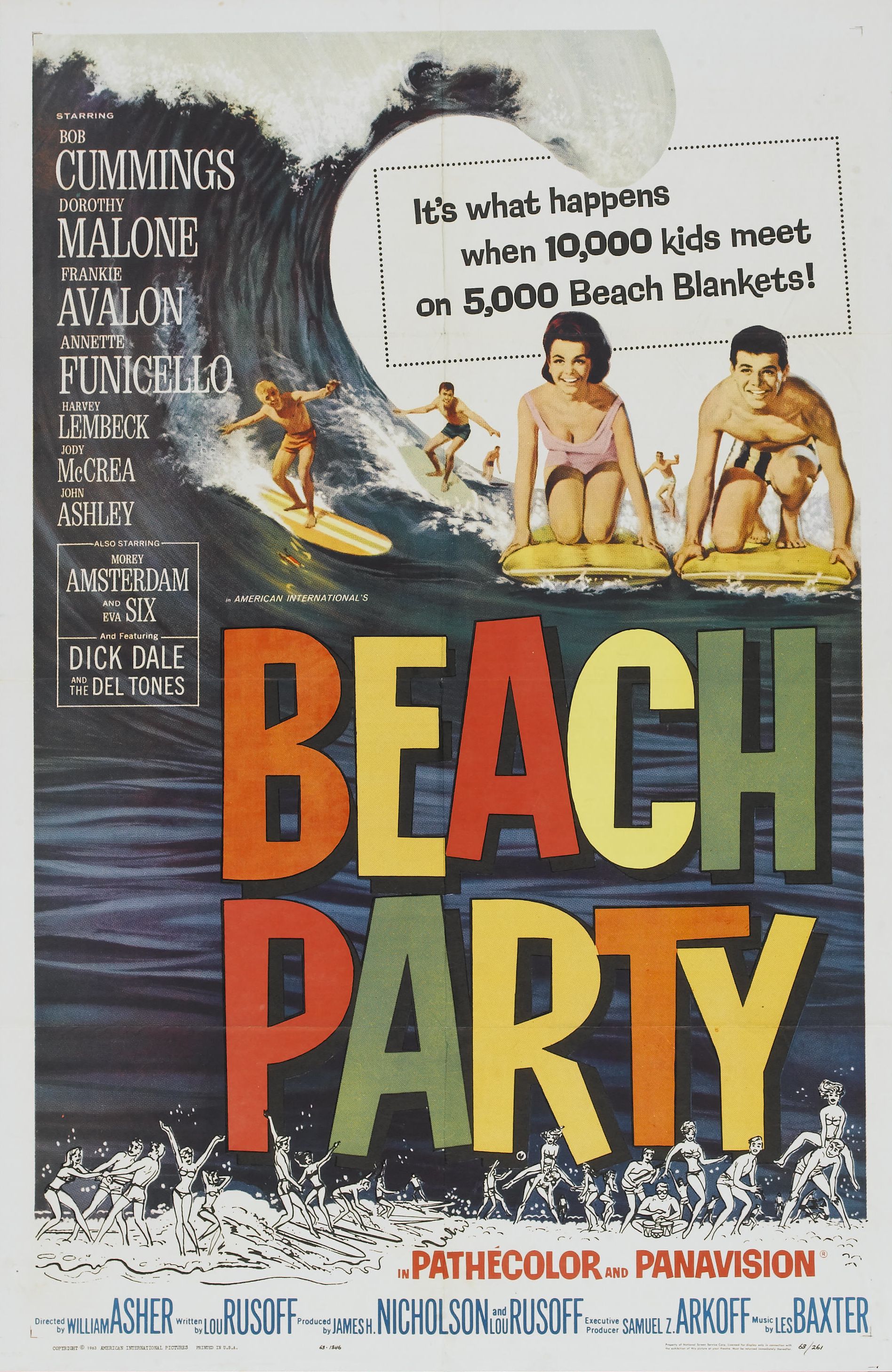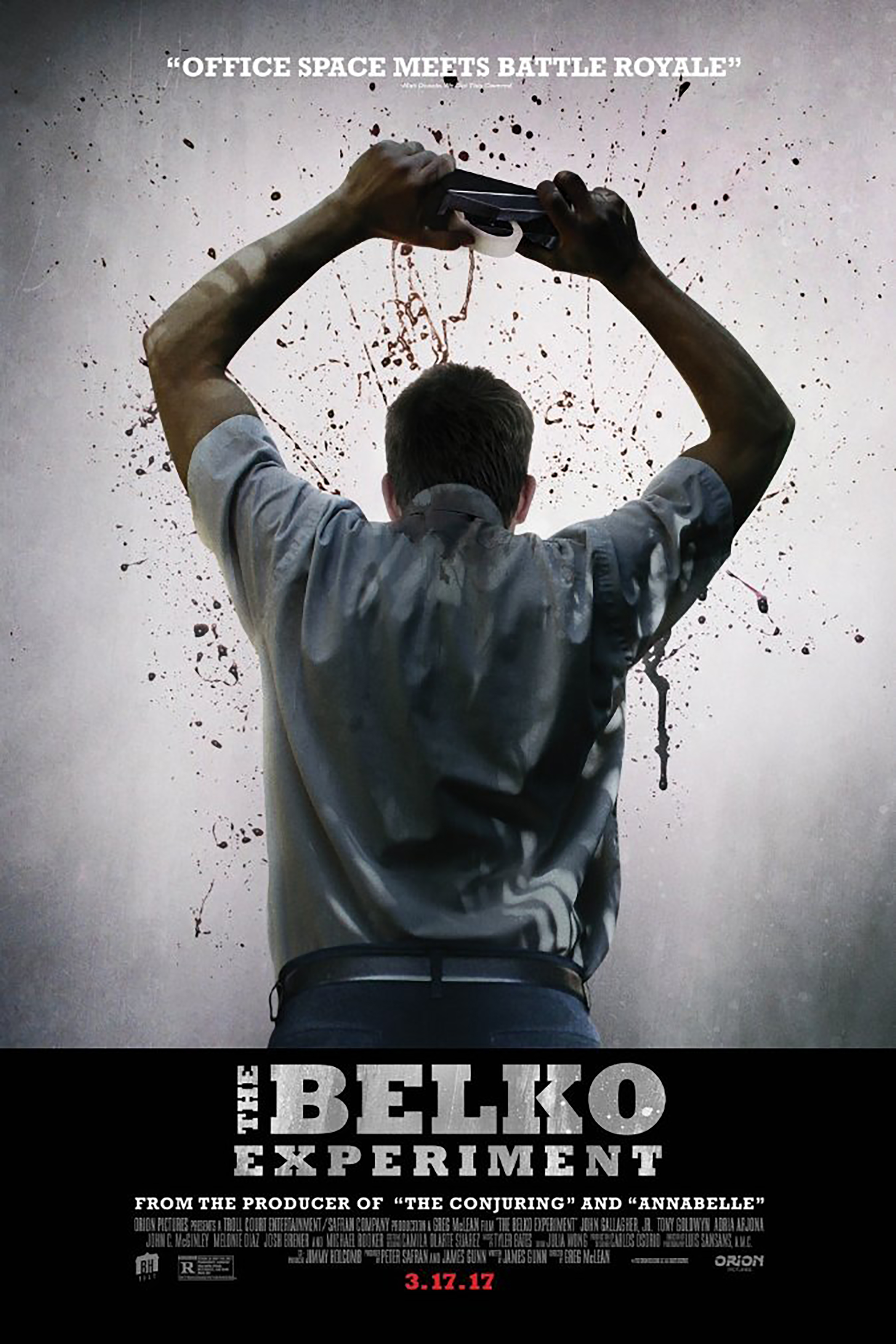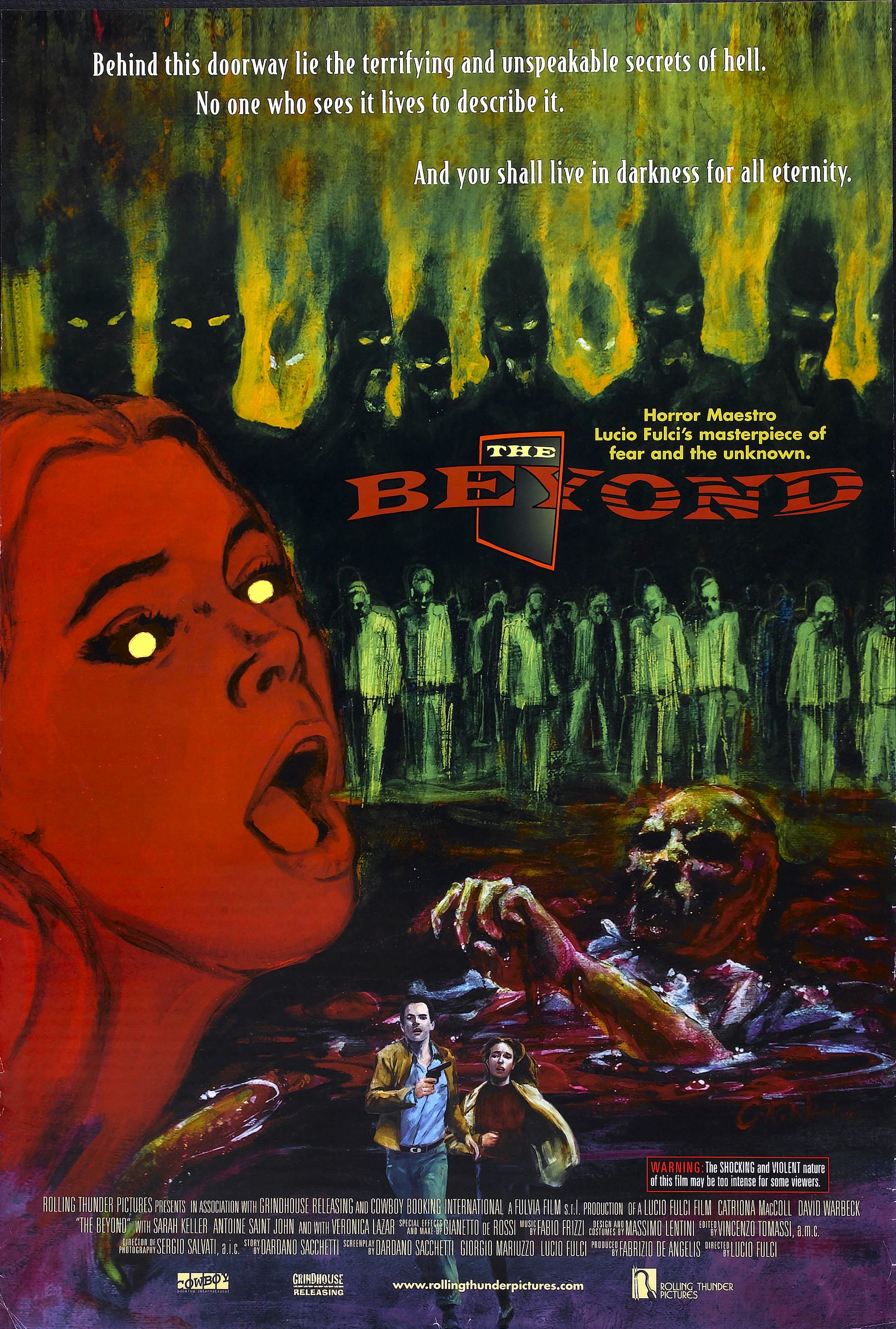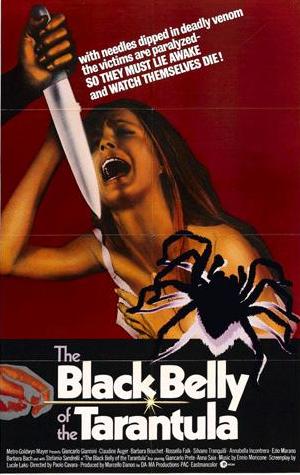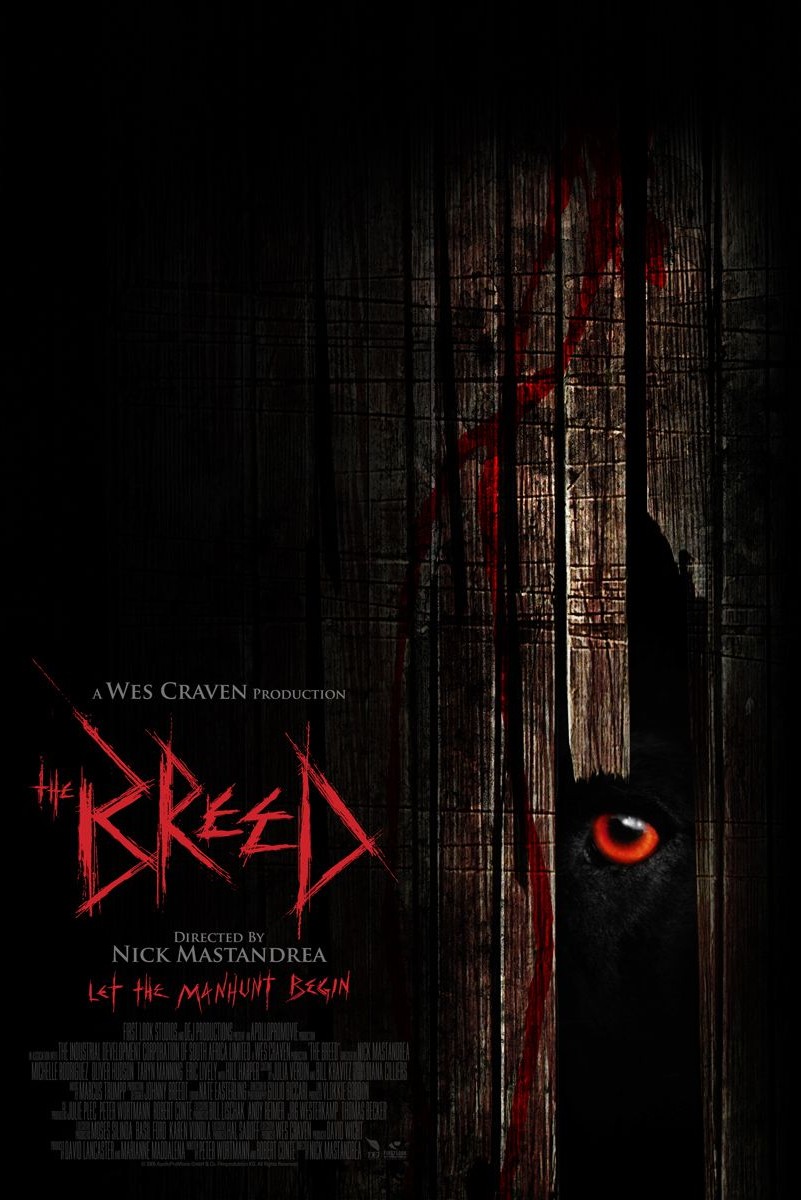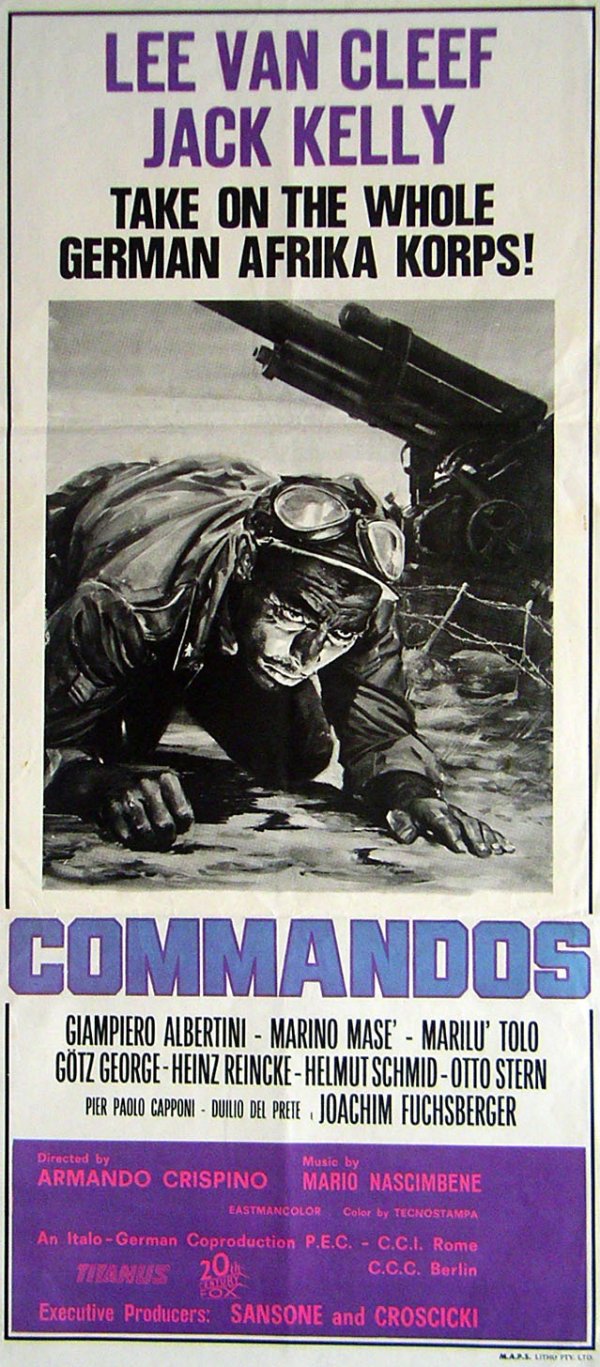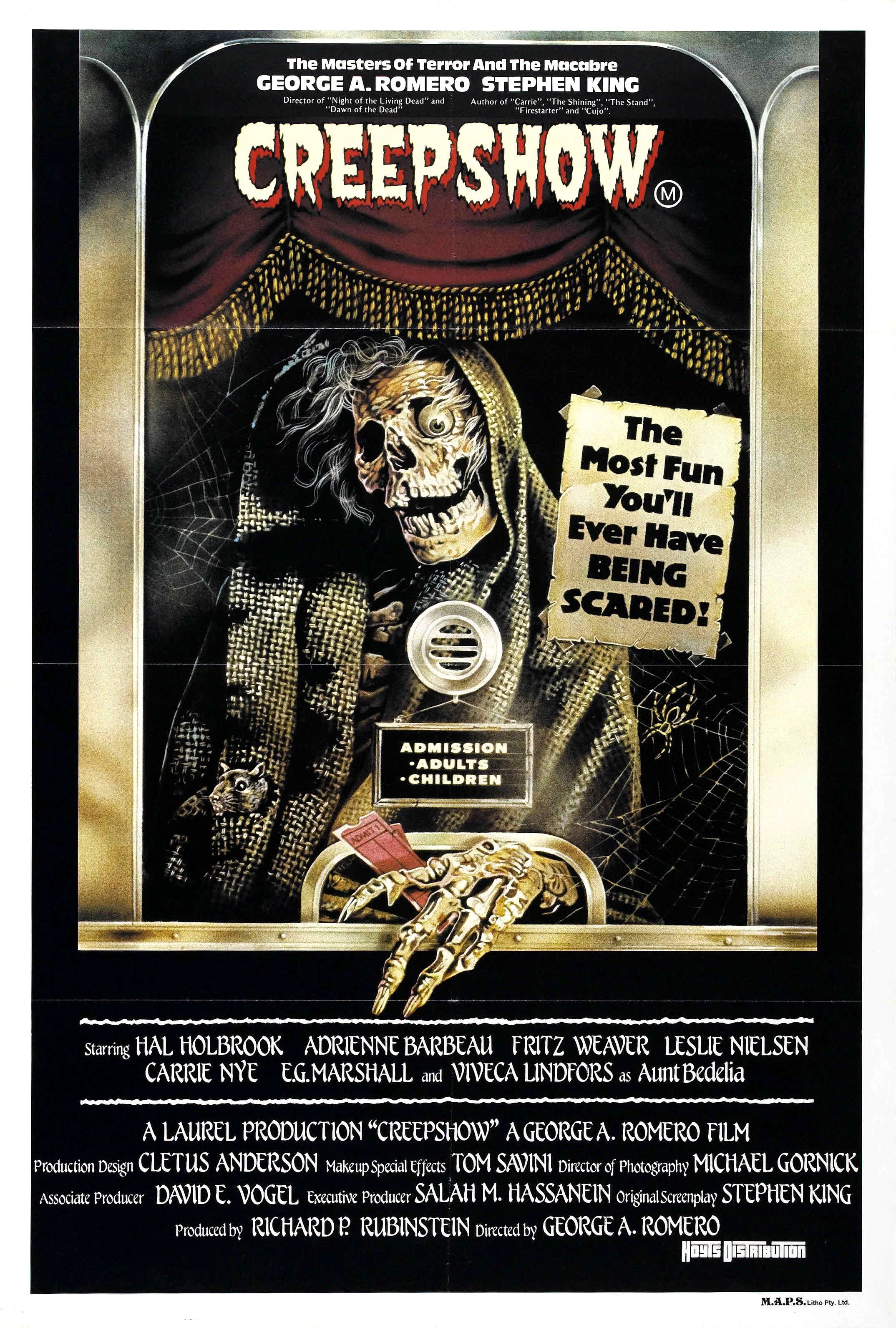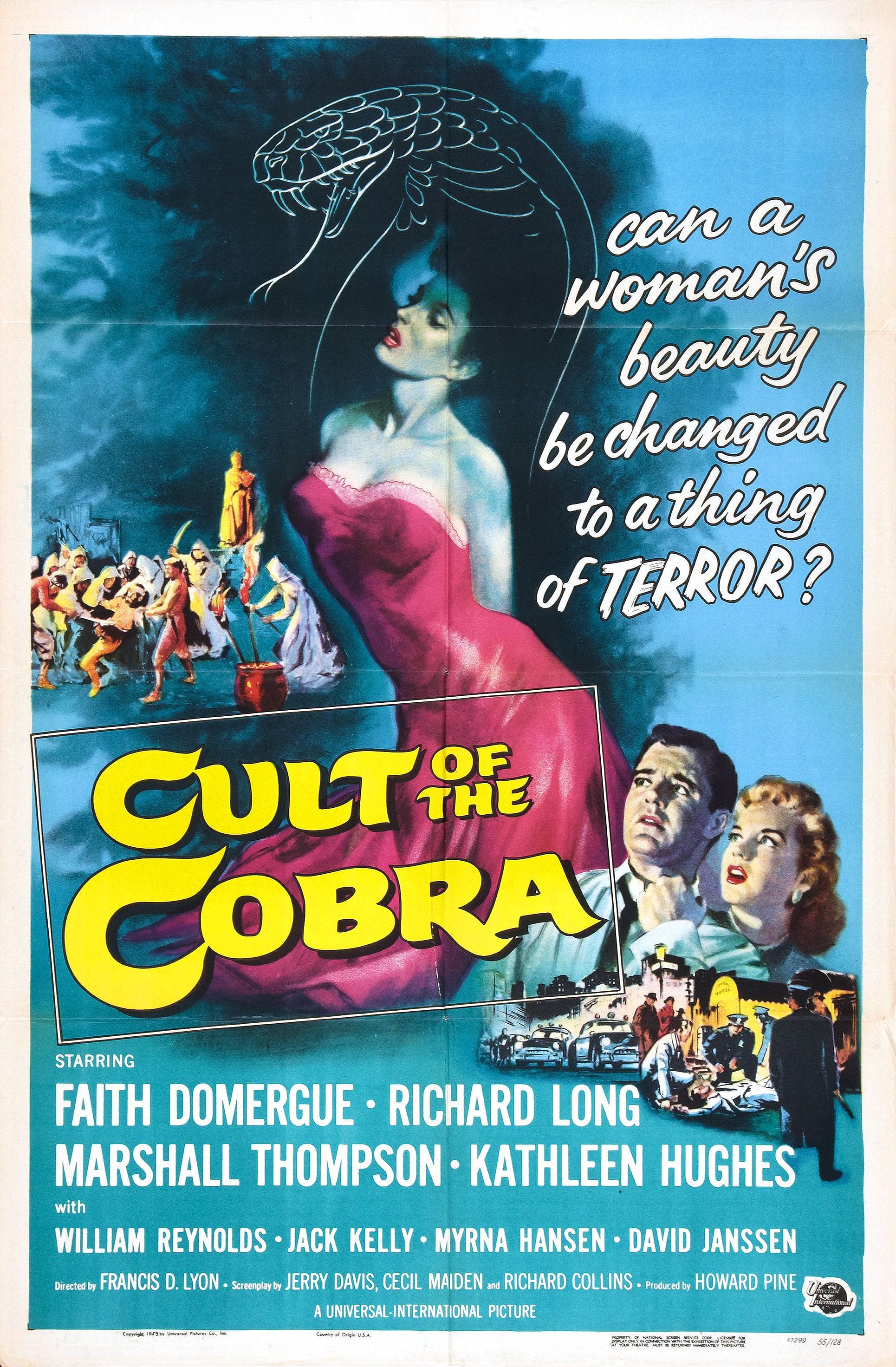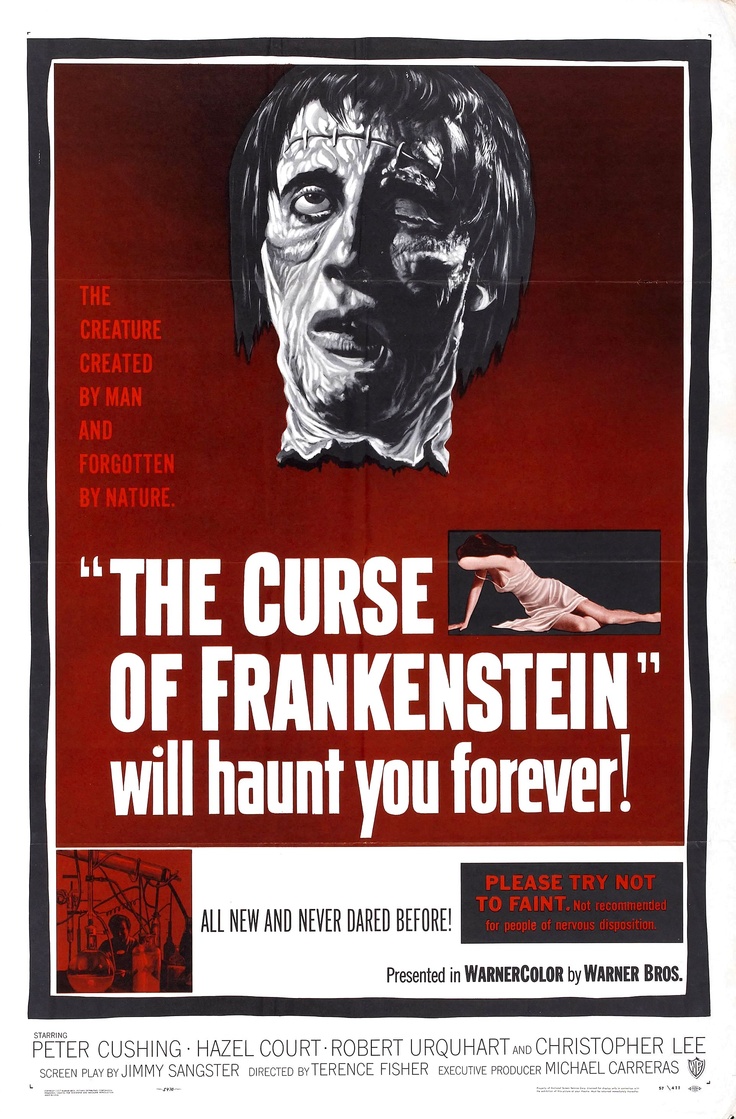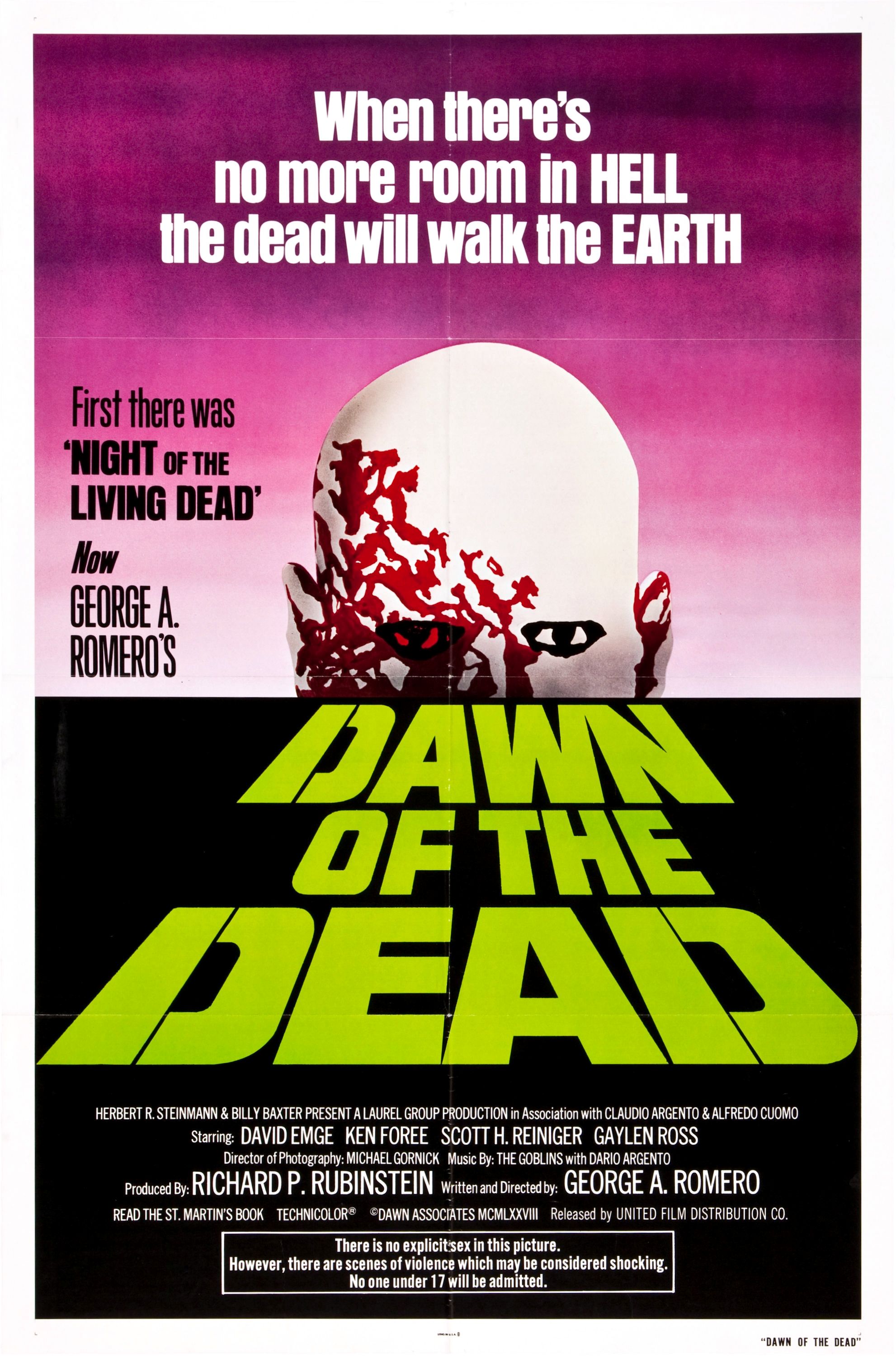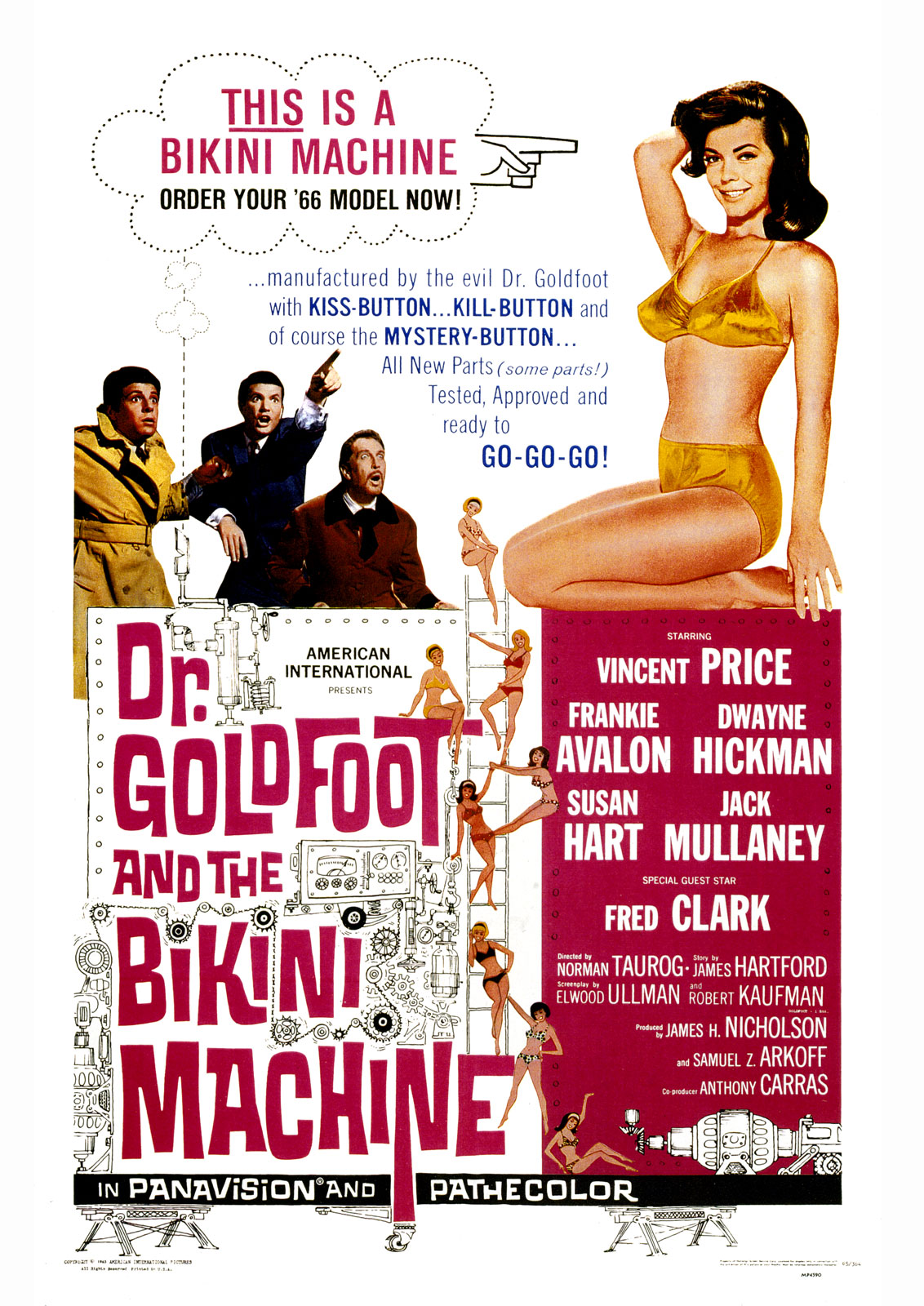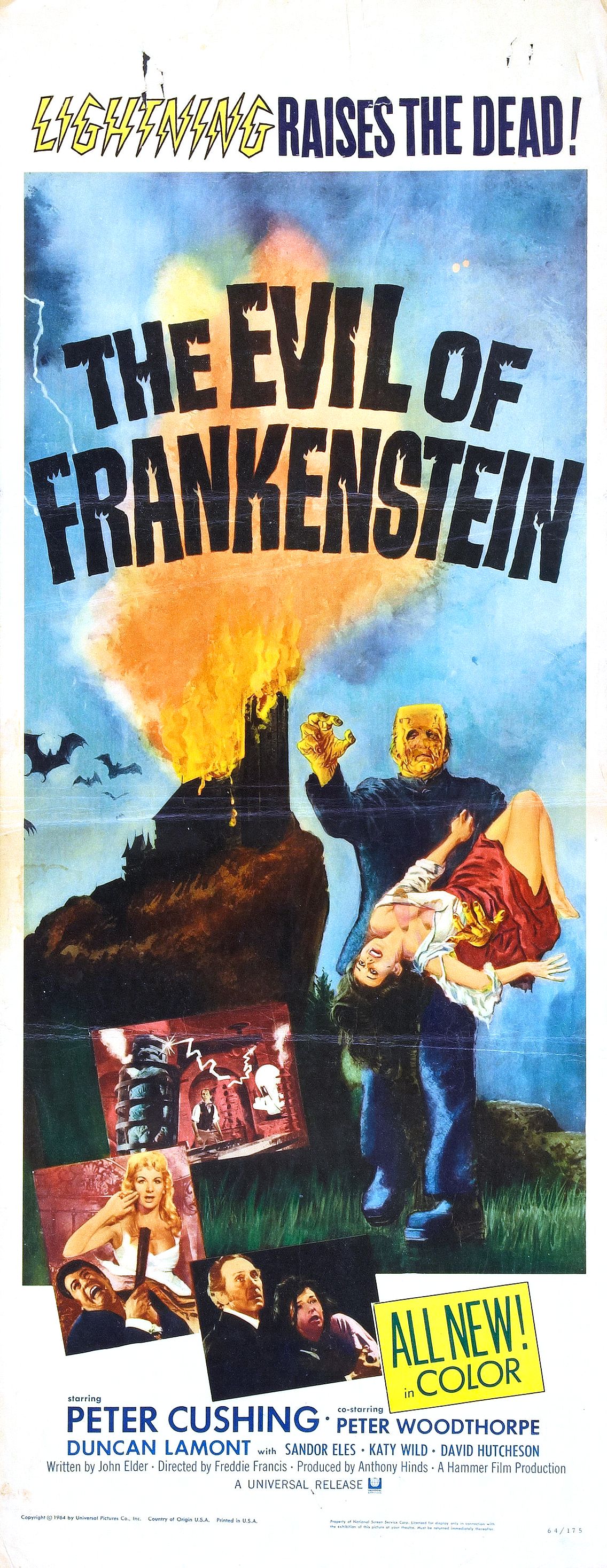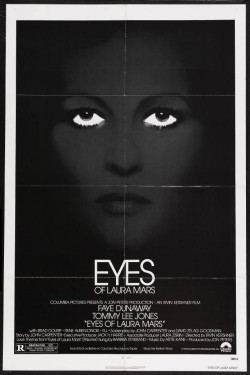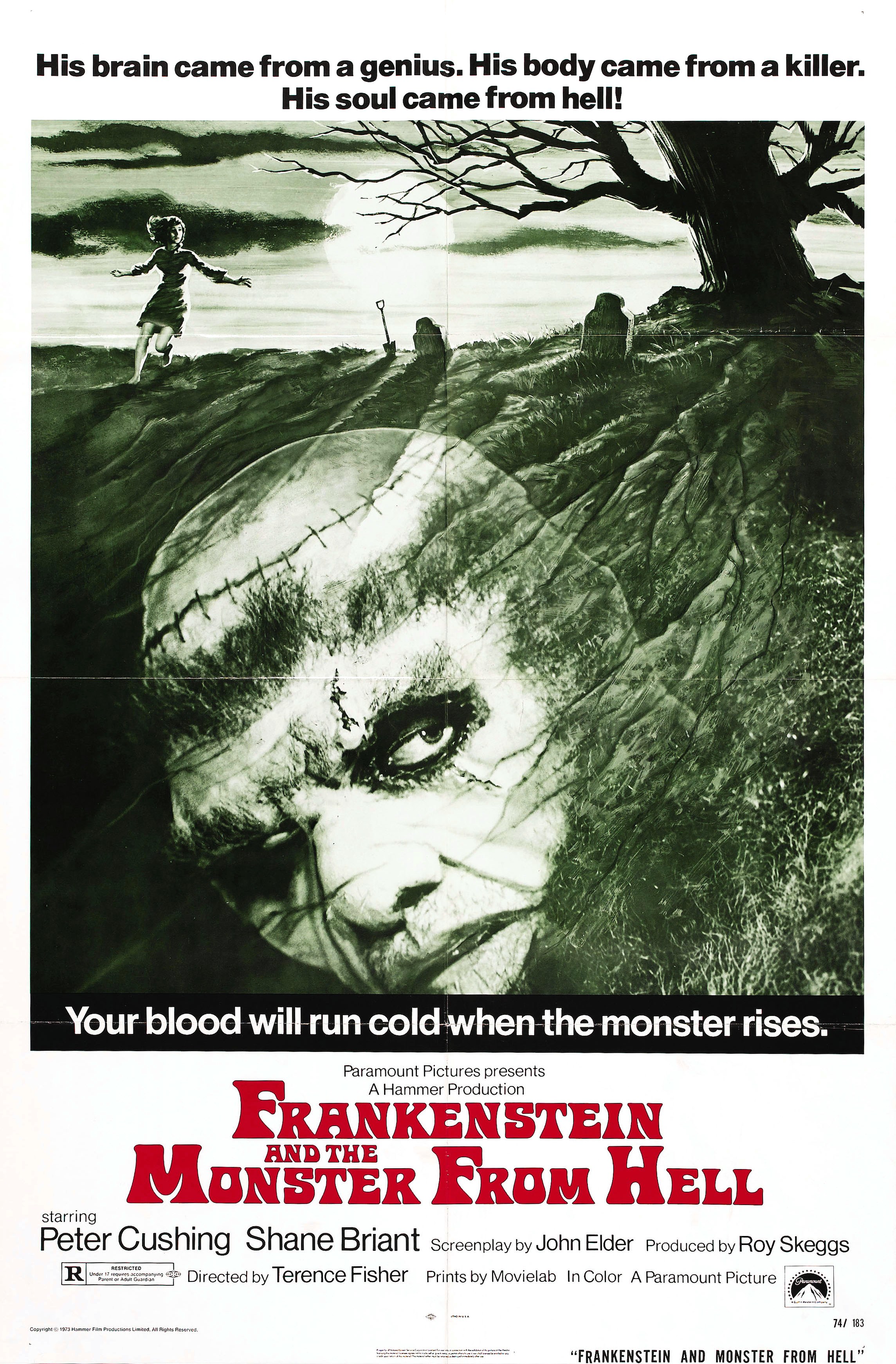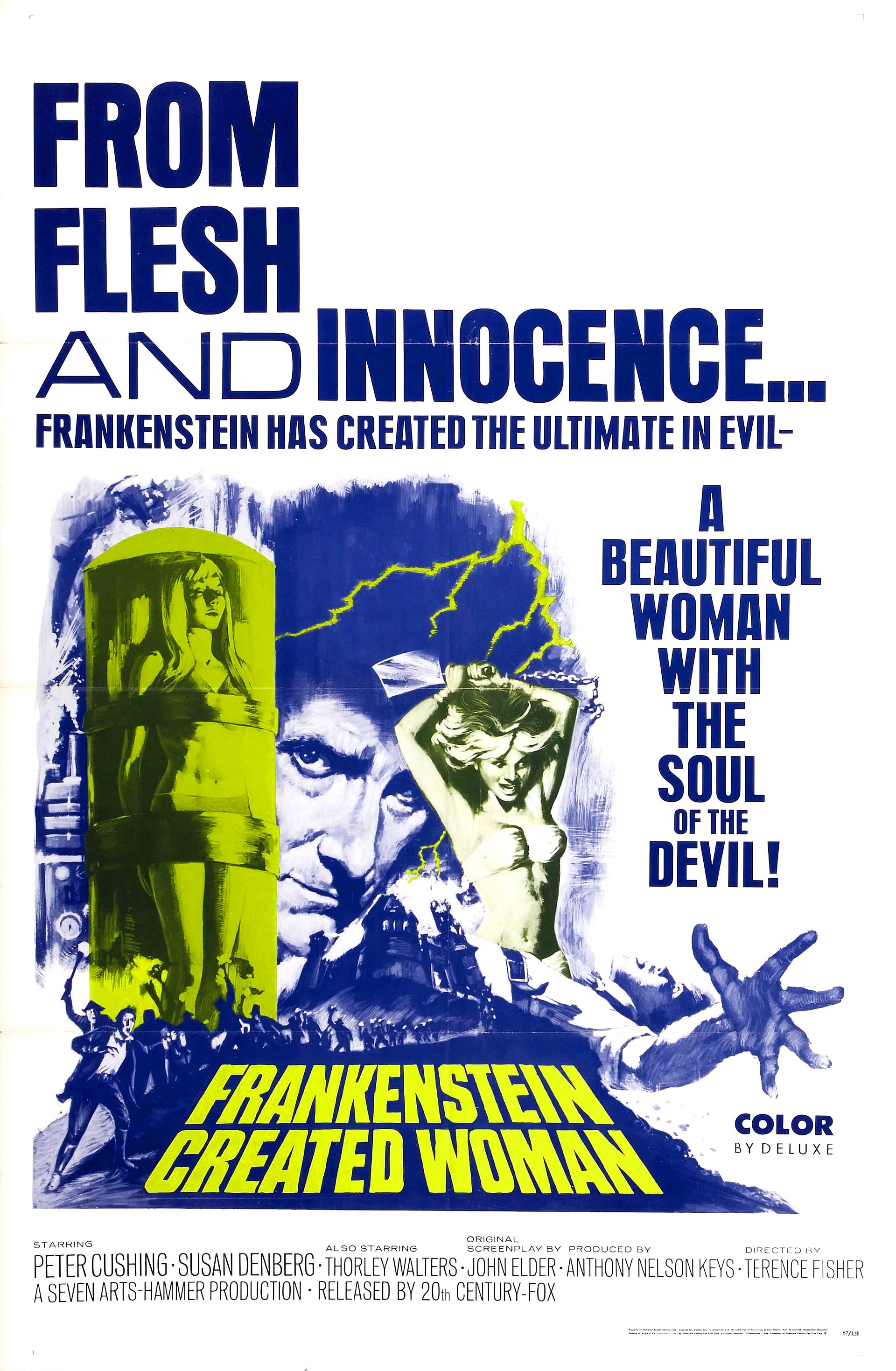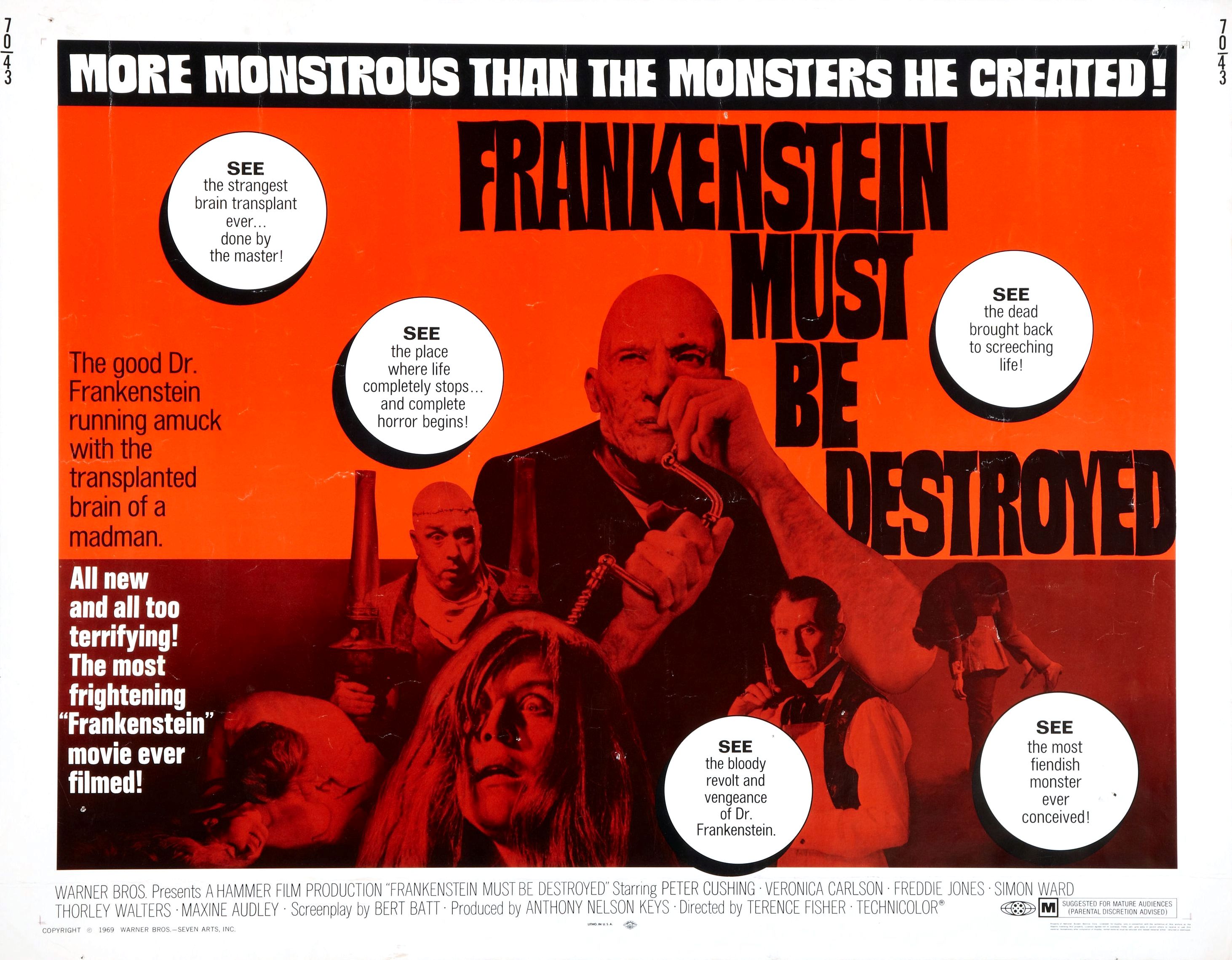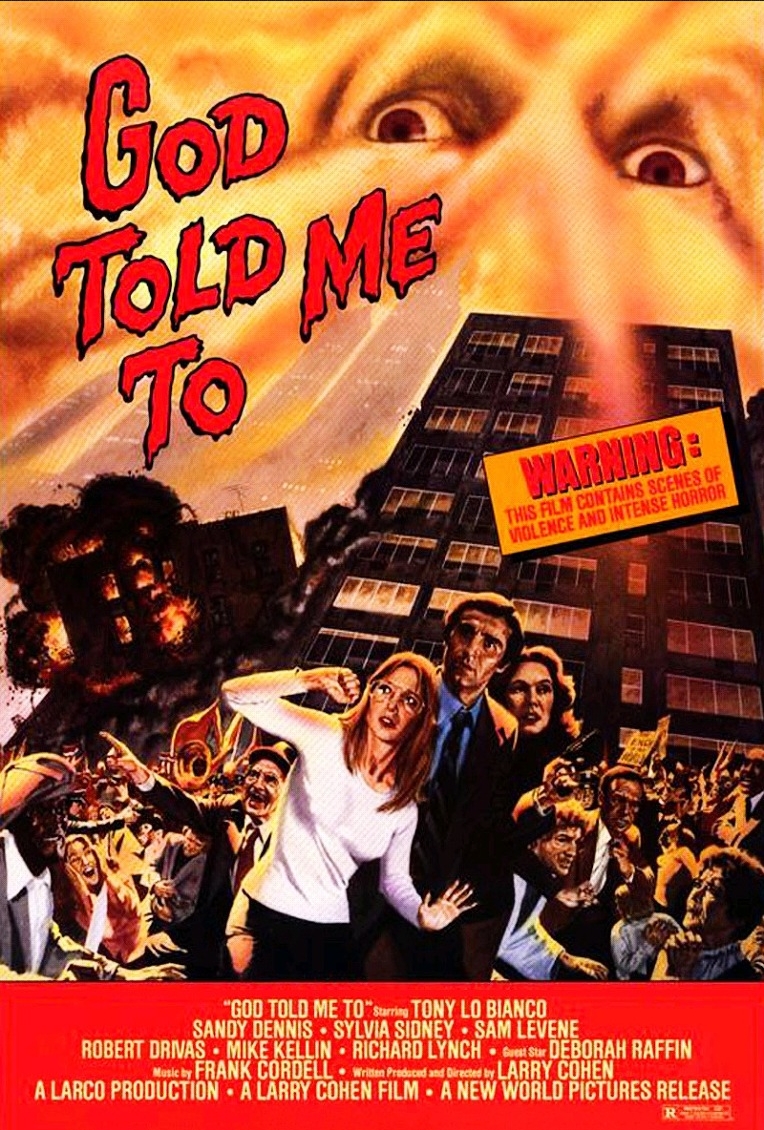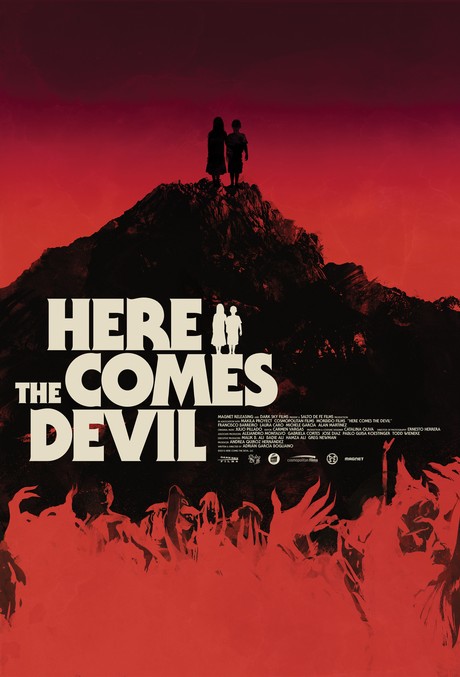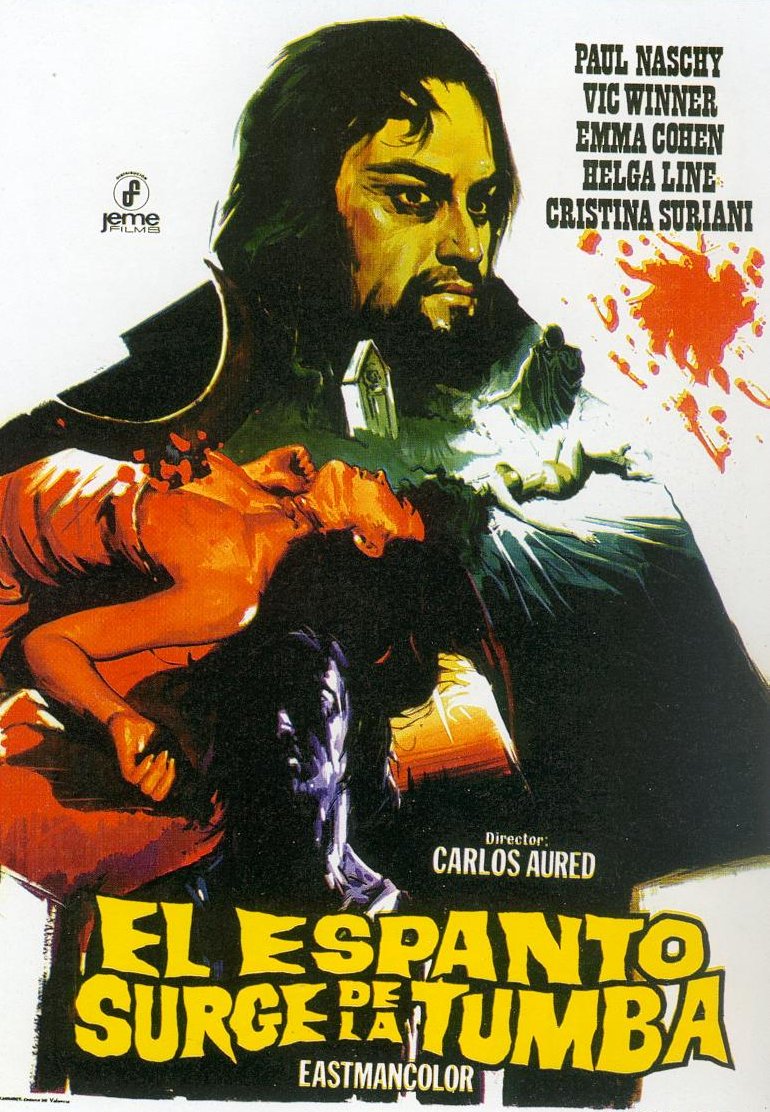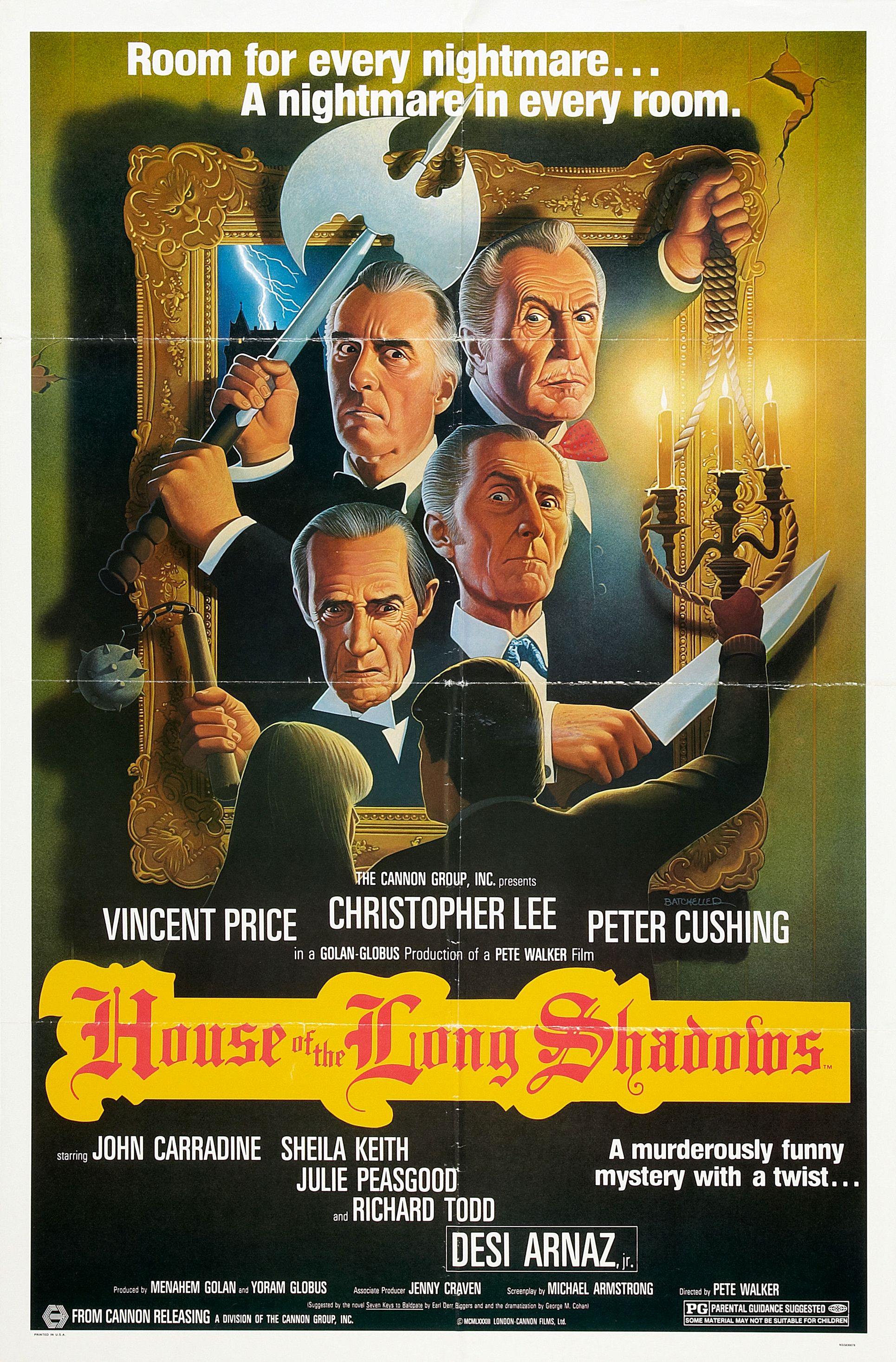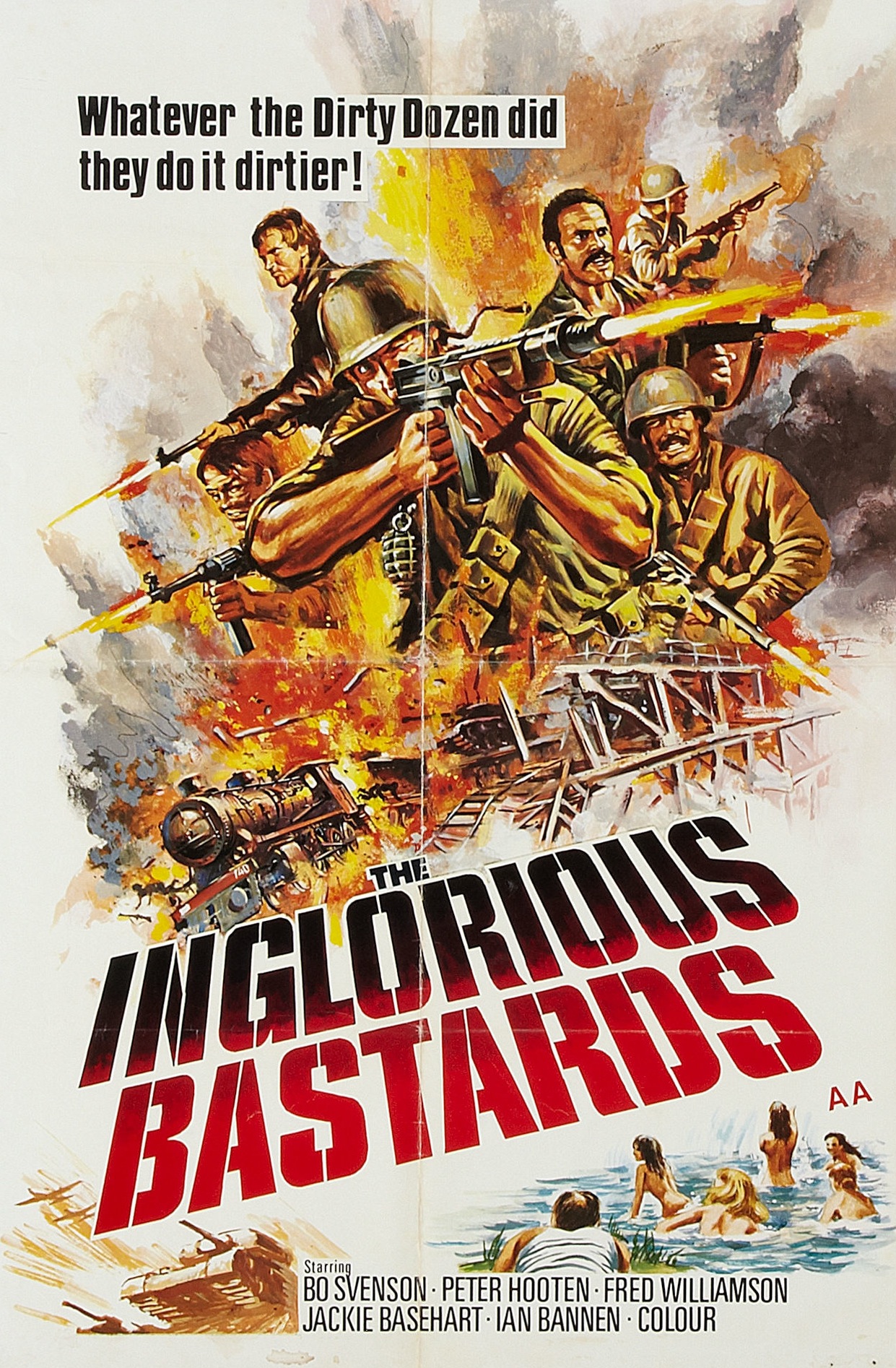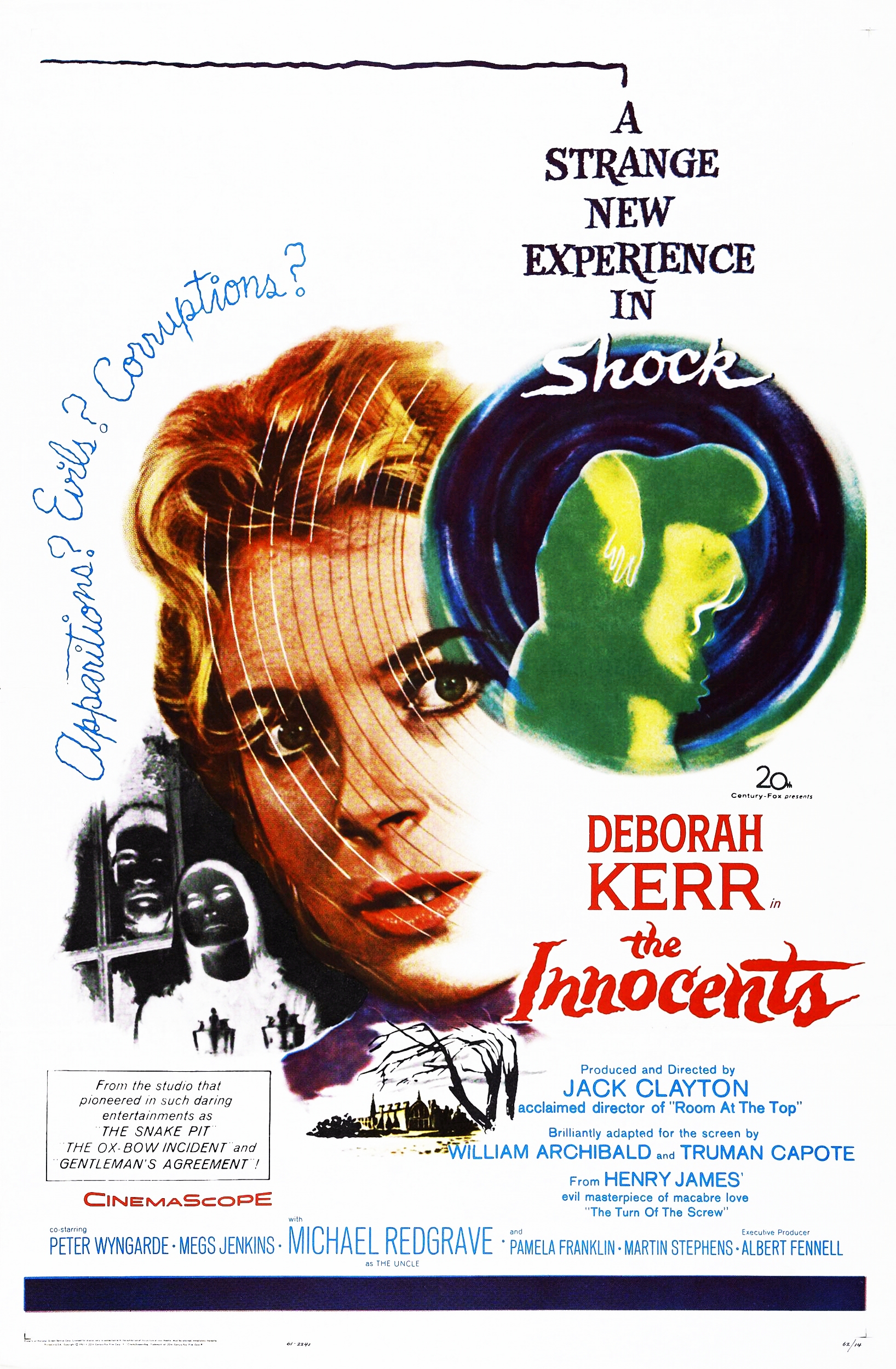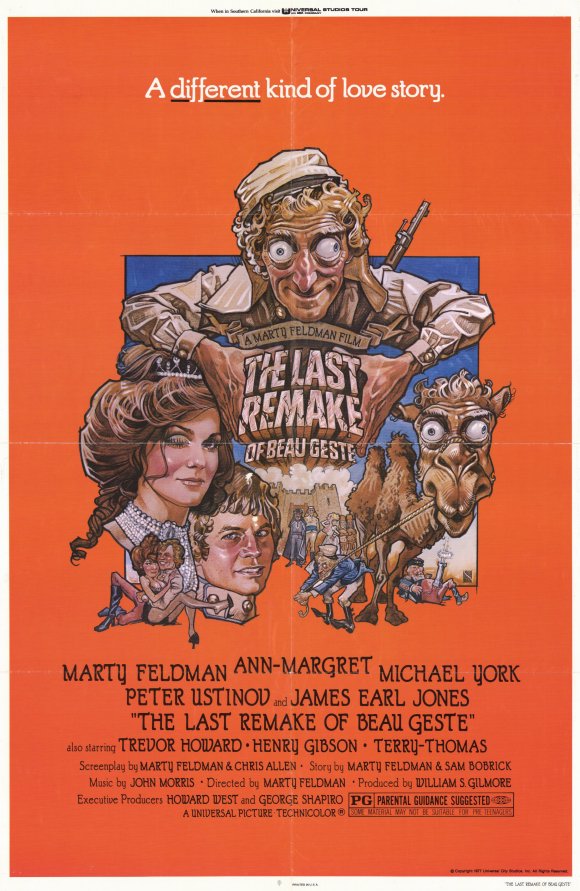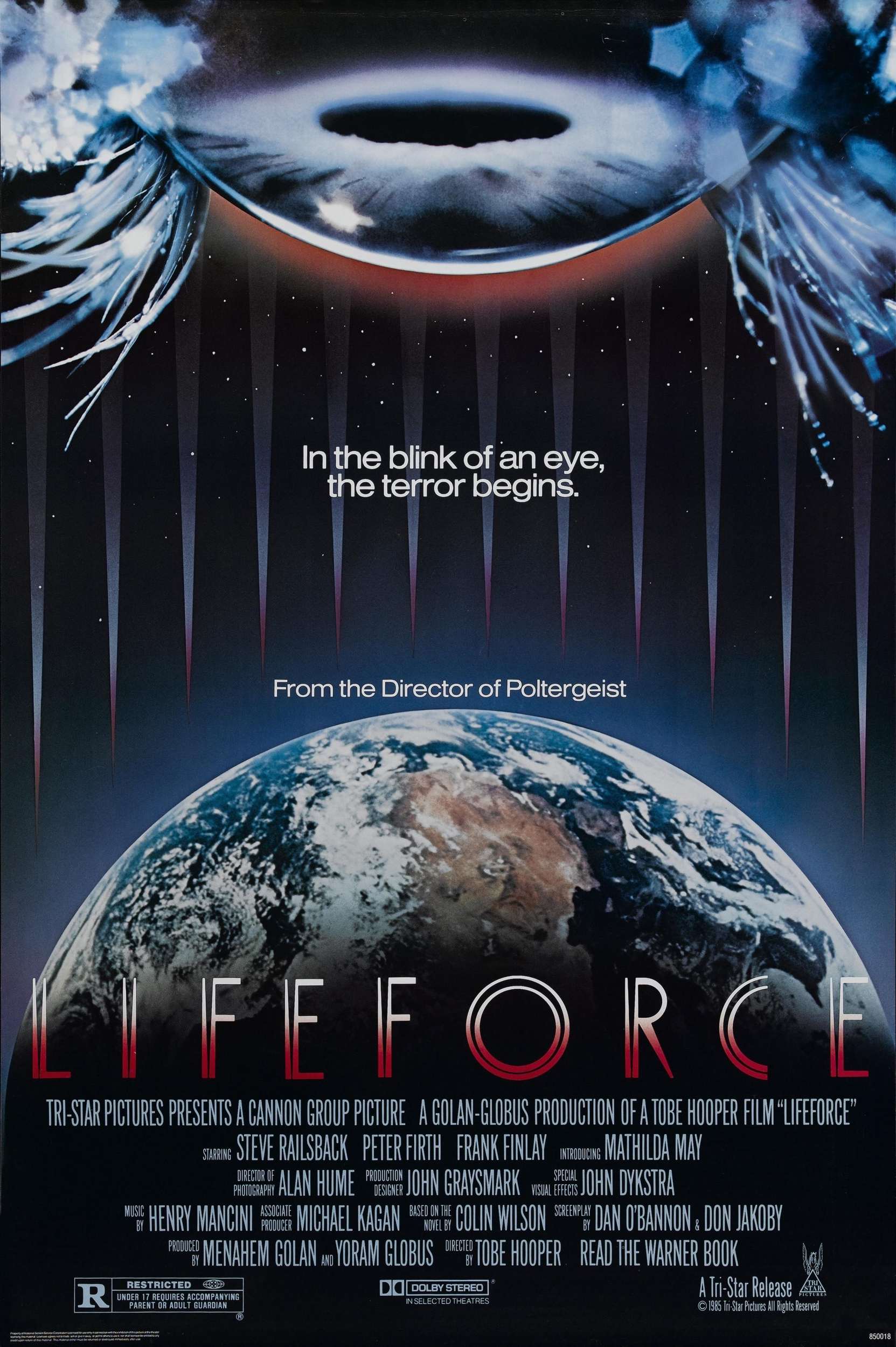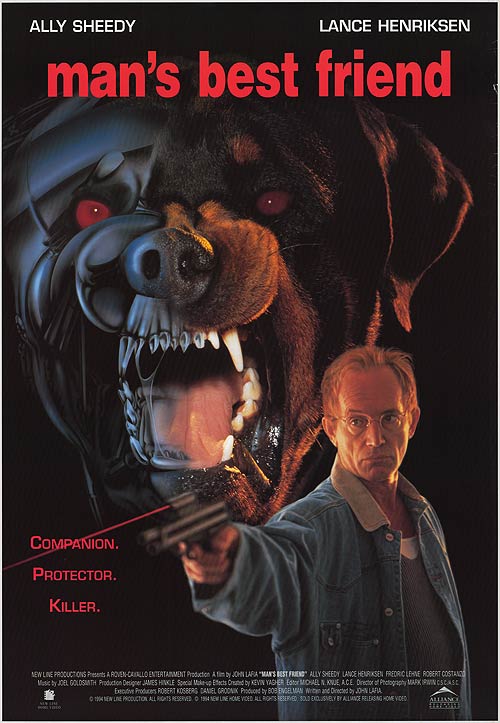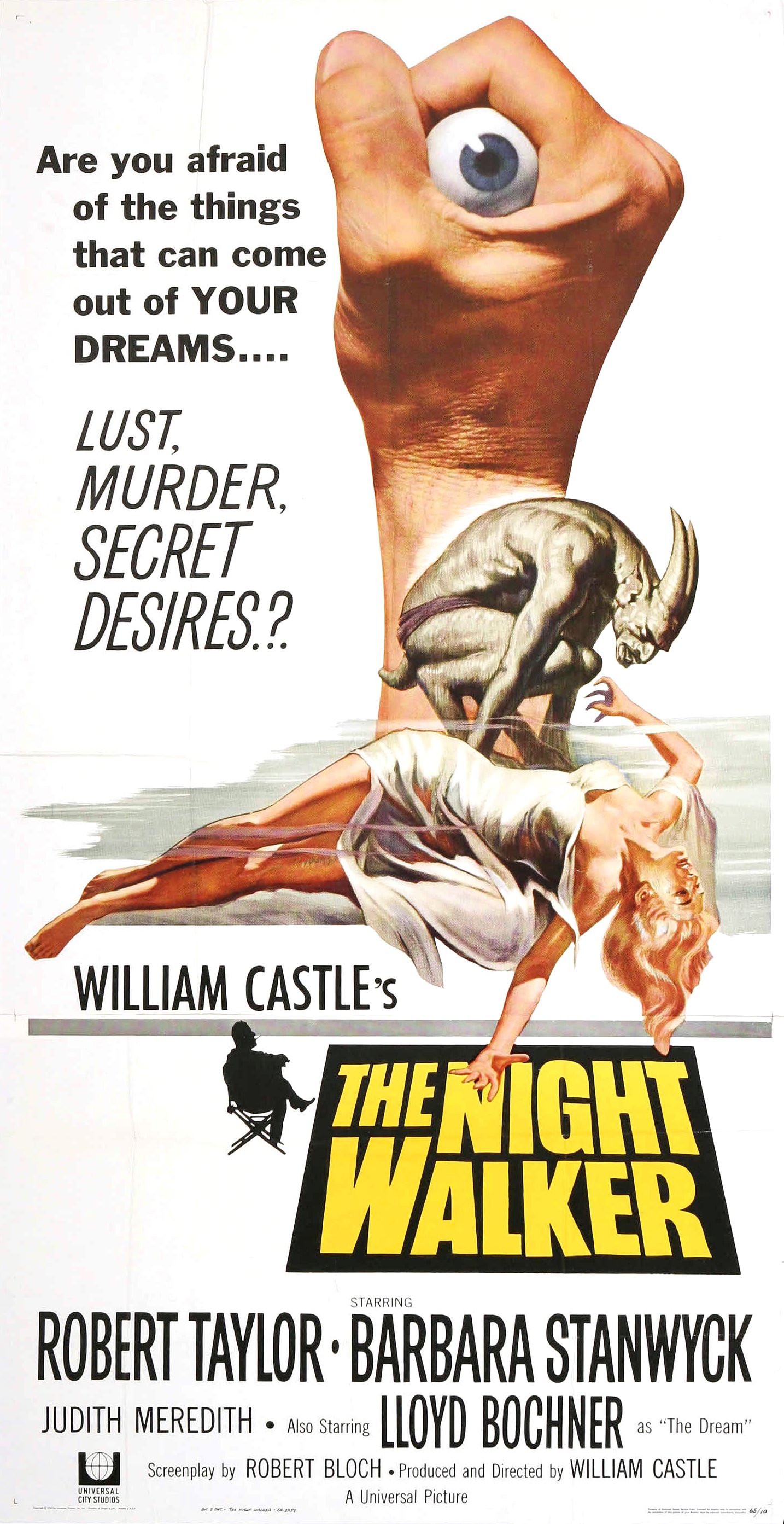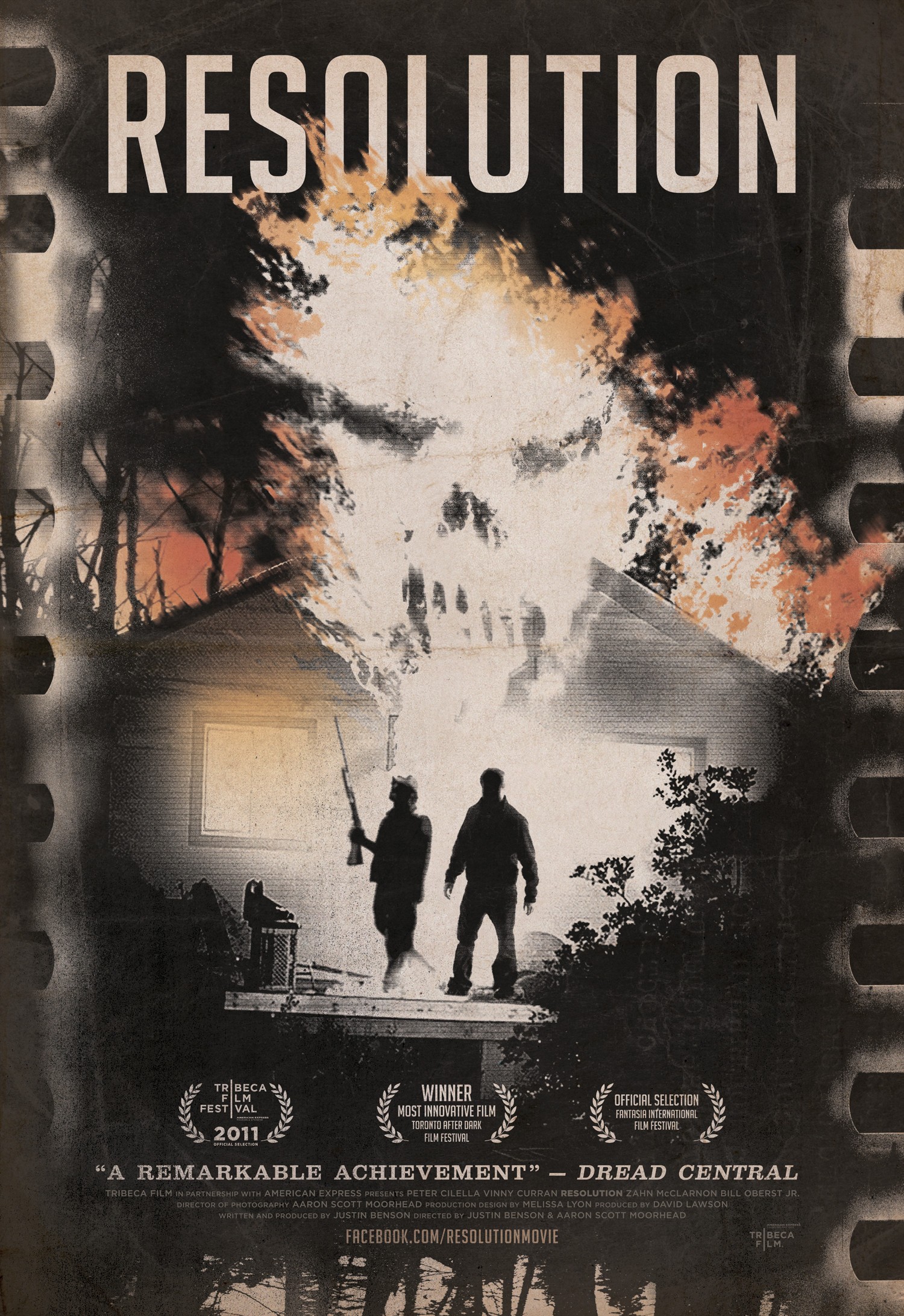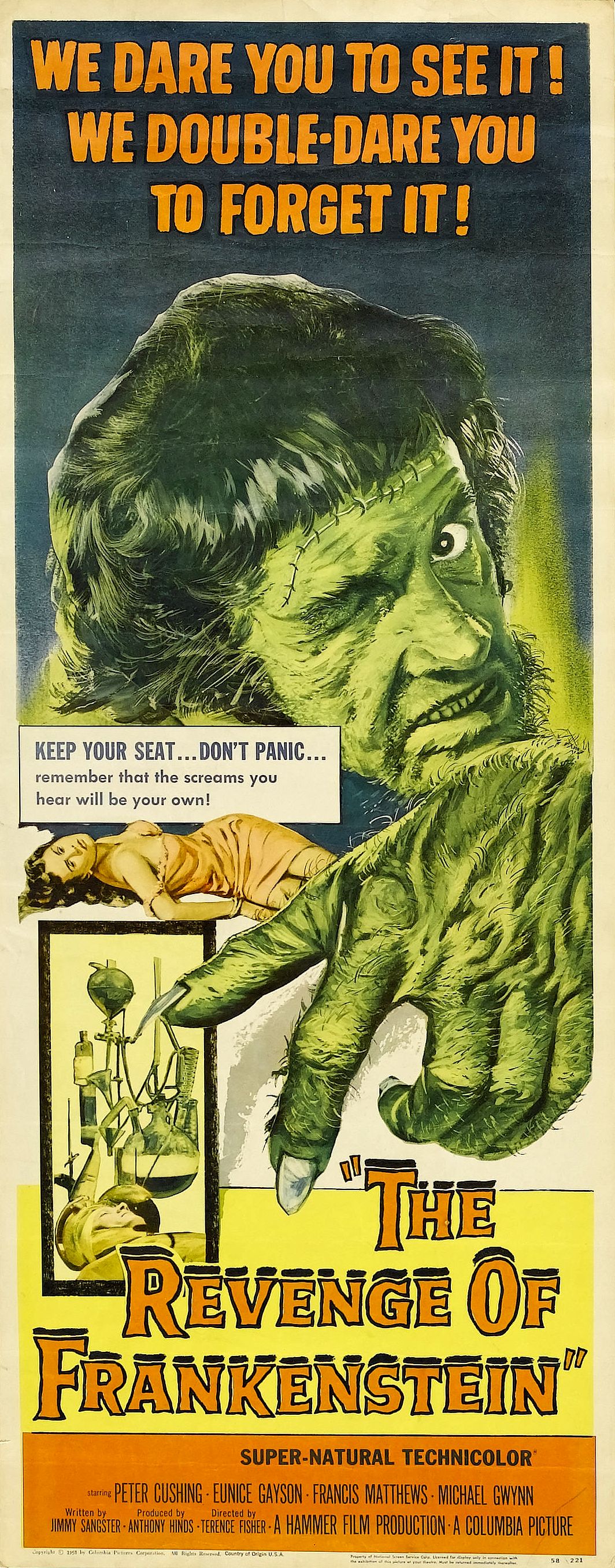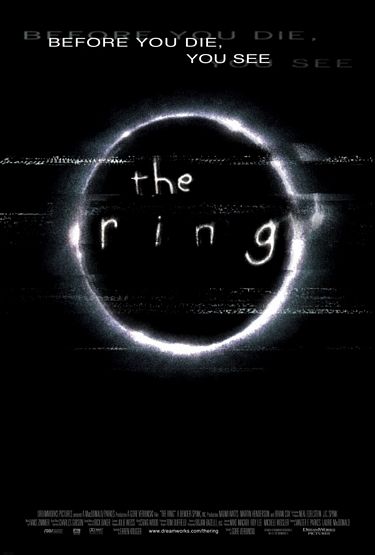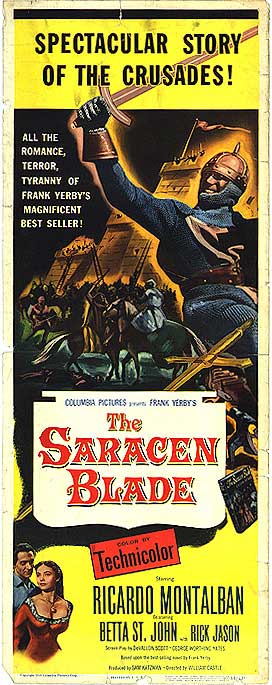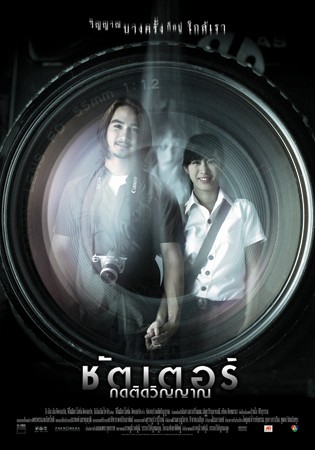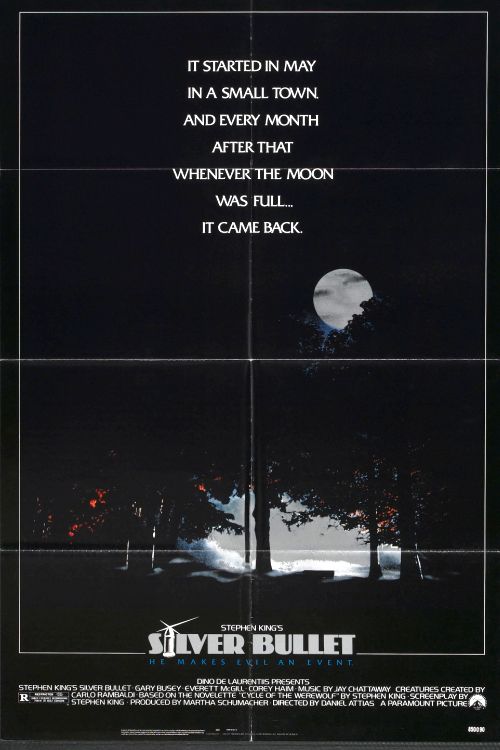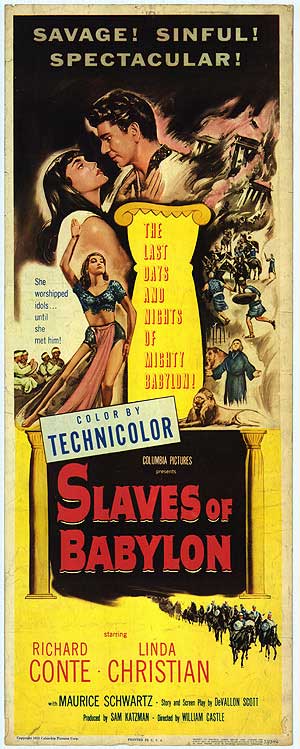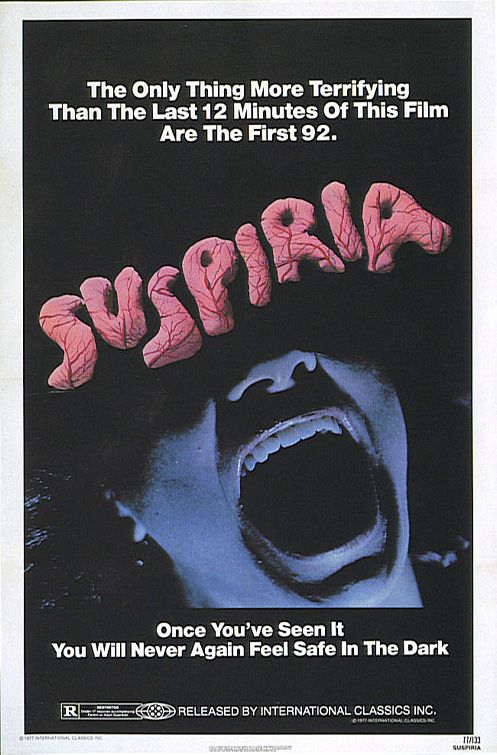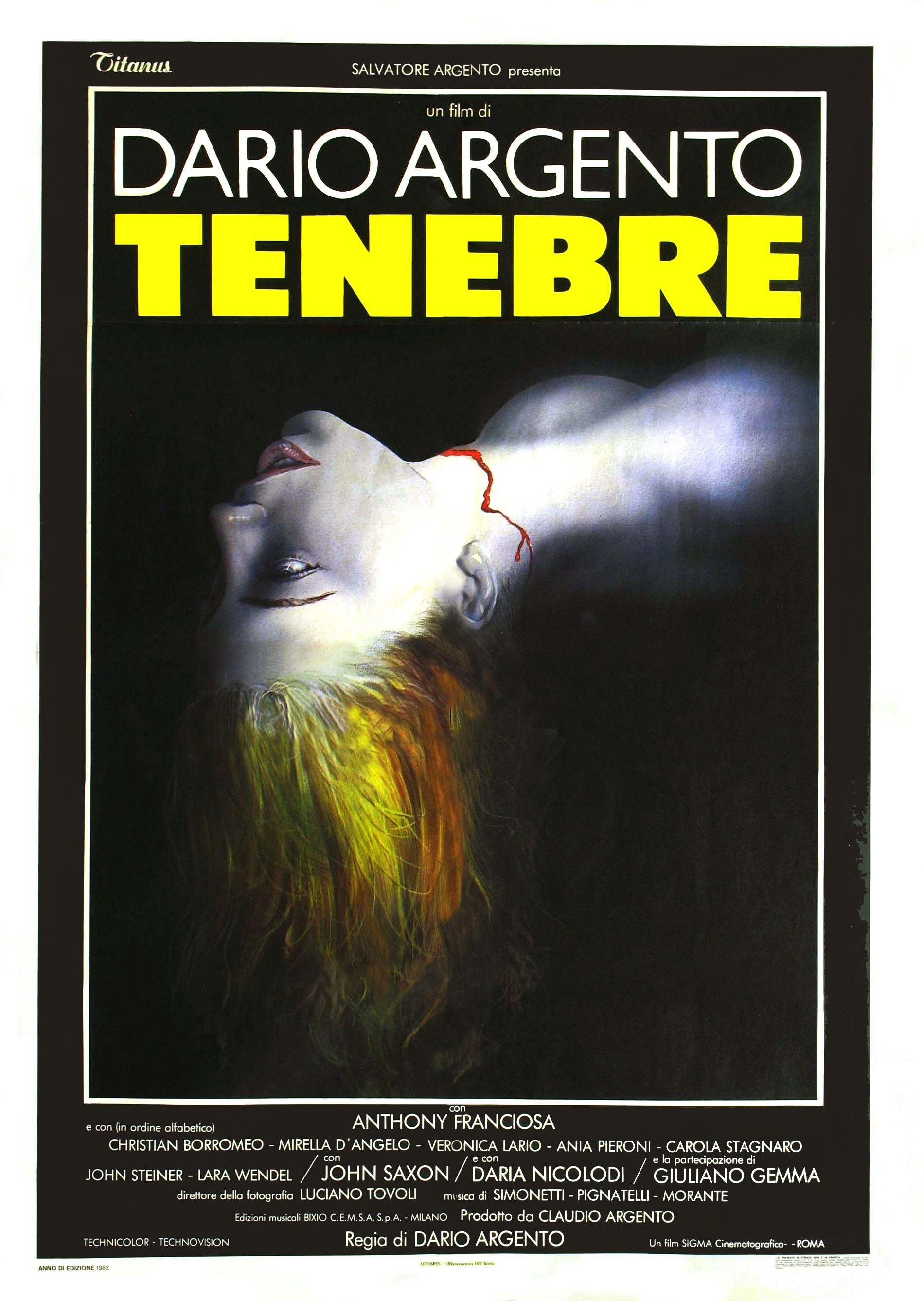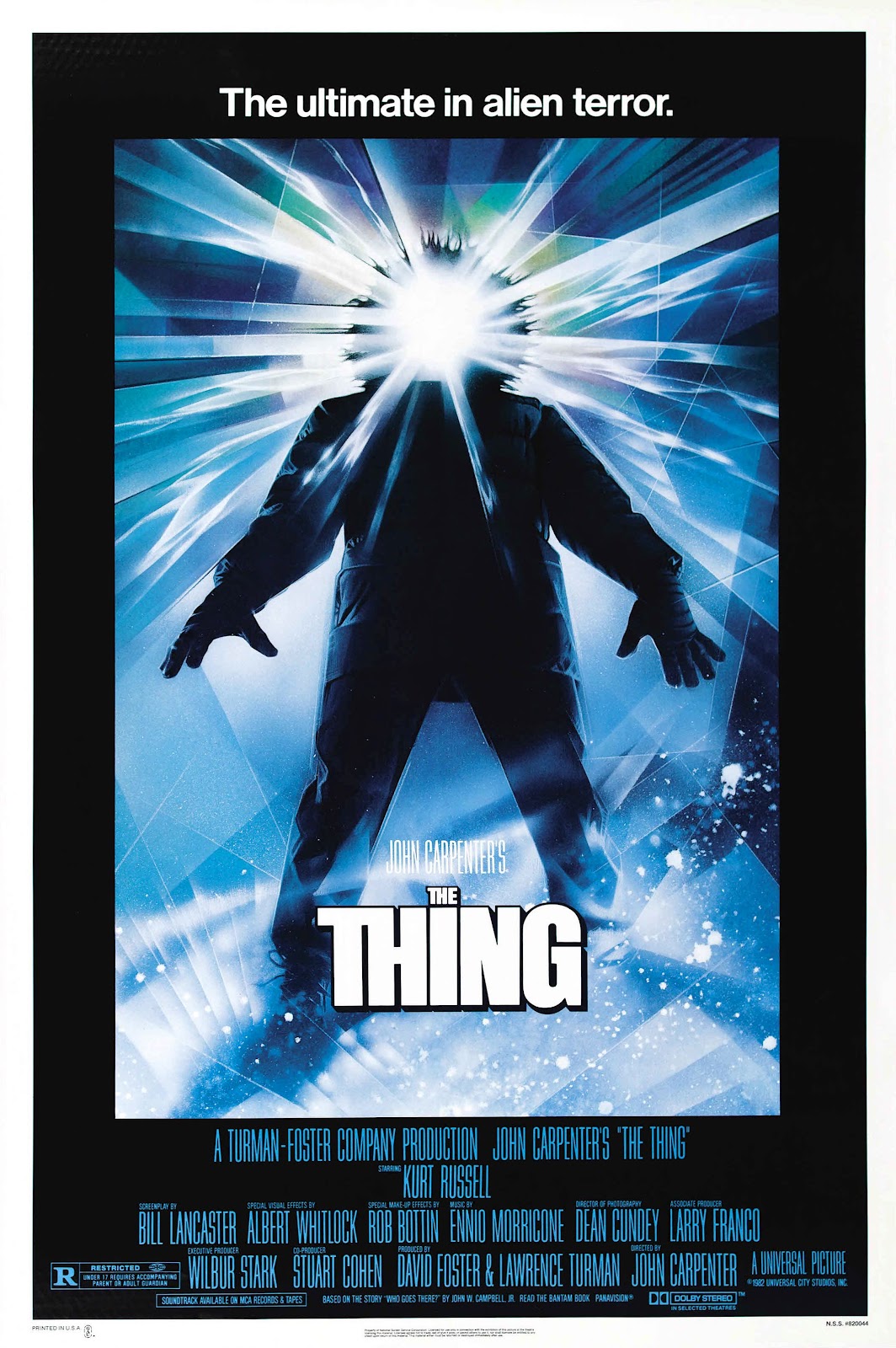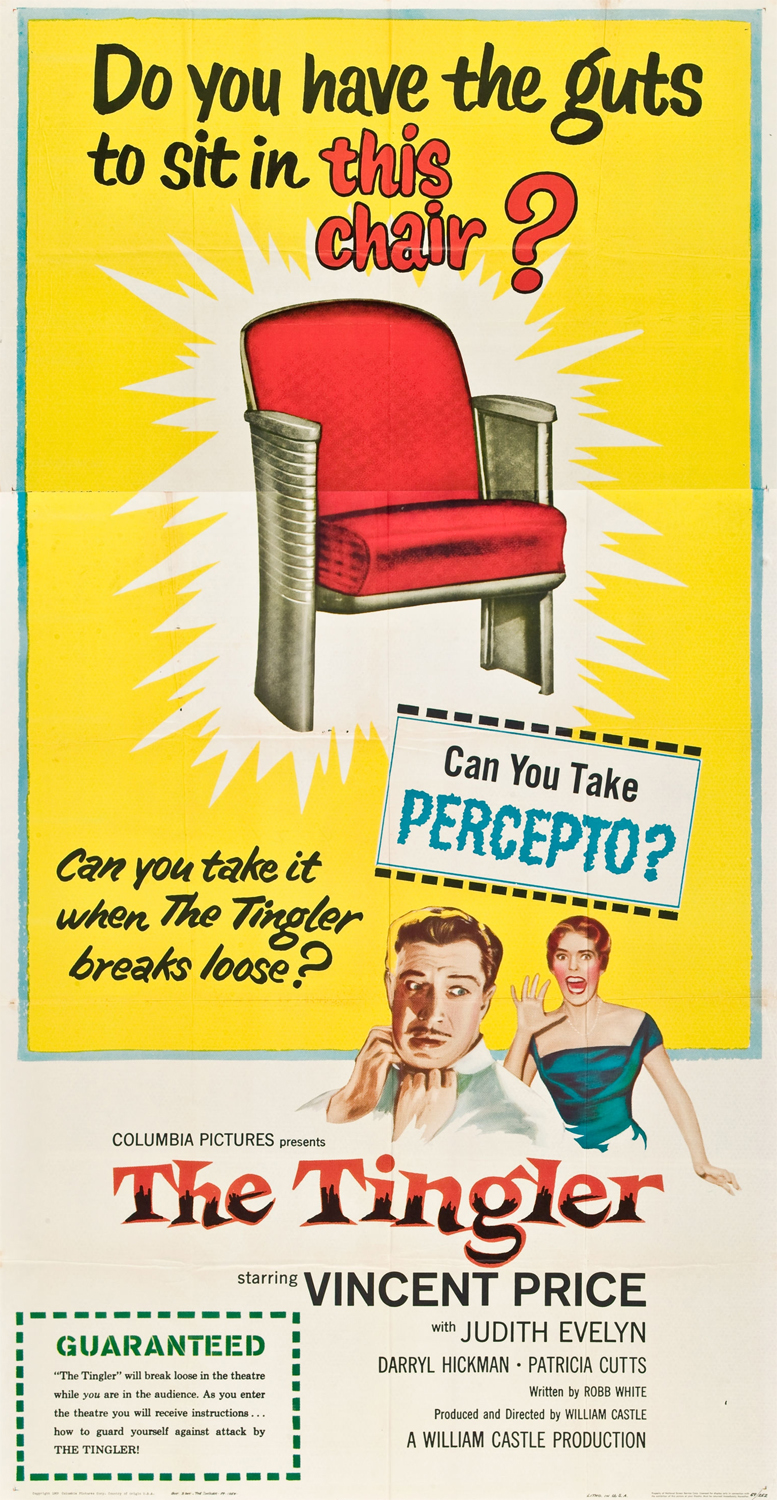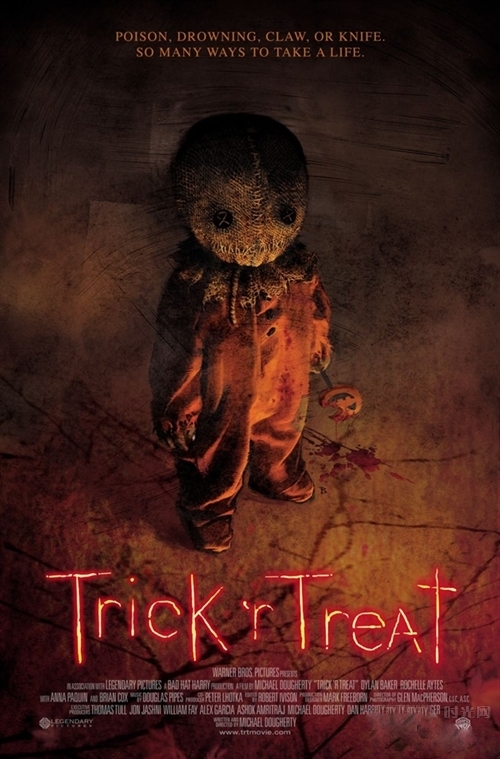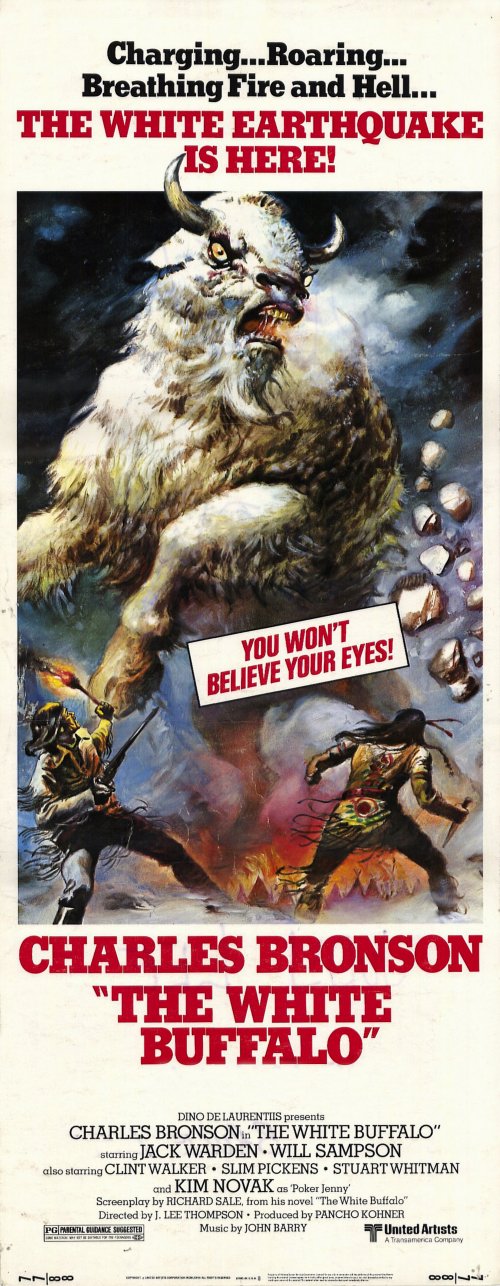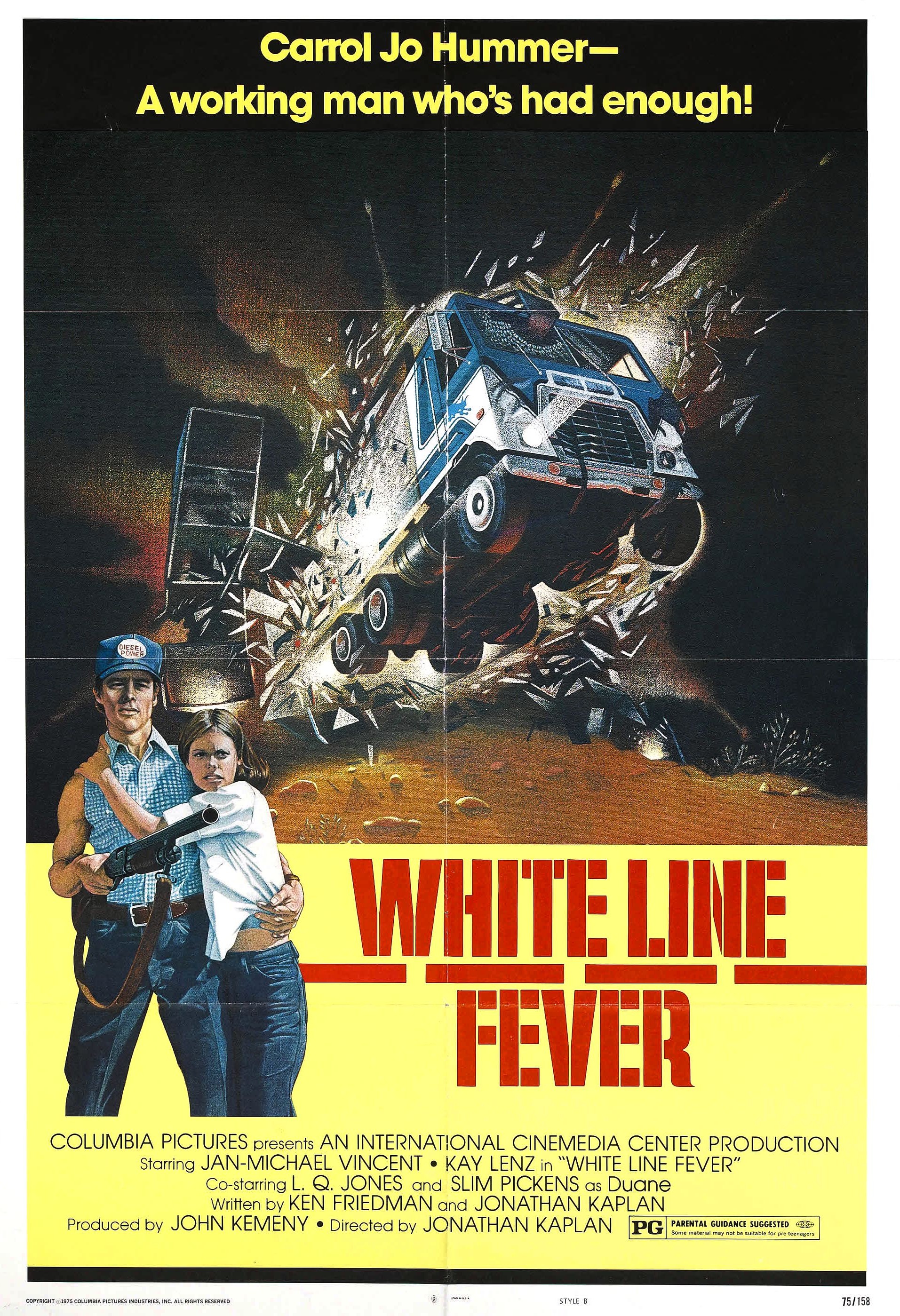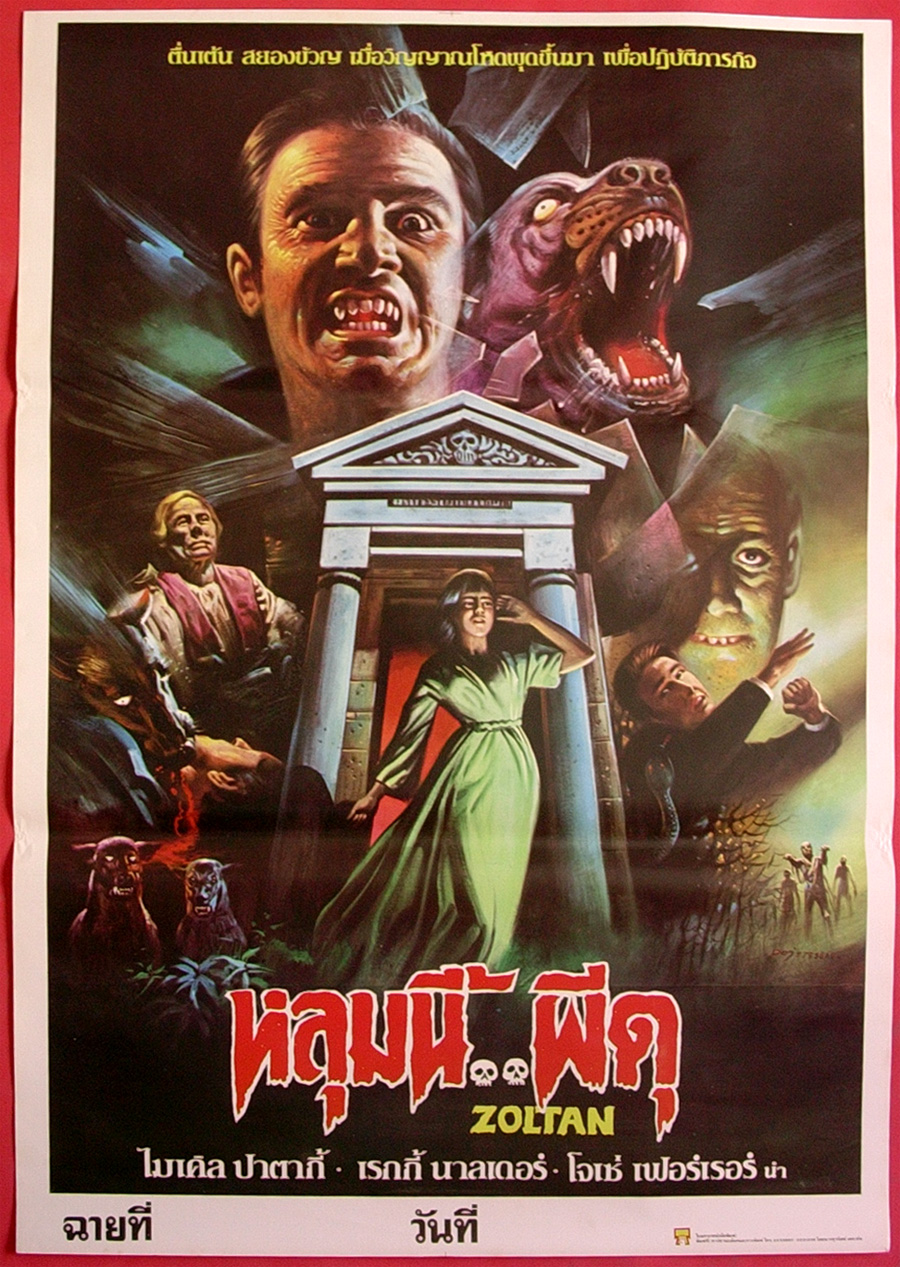In the week since its North American release, Ridley Scott’s Alien prequel Prometheus has stirred up a hornet’s nest of discussion on the internet. What does it mean? What did I just watch? Why would you ever approach what looks like an alien cobra and talk to it like it’s a skittish squirrel?
Well, despite seeing the film and being underwhelmed, I’m not going to address any of those questions today. Instead, I want to examine why those questions even exist. To do so, I’m going to spoil the ending of one of the greatest science fiction films of the 20th century, The Planet of the Apes (1968). No, not the 2001 Tim Burton remake that totally undercuts the original twist ending, the one with Chuck Heston.
SPOILERS AHEAD!
No, not Prometheus spoilers, relax.
What follows is largely a cross between Spartacus and Inherit the Wind with Taylor fighting for both his physical freedom and for the dignity of human civilization in a sham of a trial. Once Taylor and his cavegirlfriend Nova have escaped, he is forced to question his convictions in a classic twist provided by The Twilight Zone‘s Rod Serling:
WARNING: Slightly NSFW, as Chuck lets some mild profanity fly in his outrage.
Now, while this film was released in 1968, I was a child of the Eighties, so I didn’t have the benefit of seeing this in the theater. Instead, I caught it like most of the kids my age did, on television, typically on a lazy weekend afternoon. Still, there were plenty of comic books and toys to capitalize on the success of this film and its sequels, so it was certainly on our collective radar.
The funny thing is, I don’t recall a single peer needing the importance or meaning of this scene explained to them. We didn’t need Dr. Zaius or, gods forbid, Rod Serling to step out onto the beach and answer these questions:
- Q: What does Taylor mean by “I’m home”? (He didn’t spend 2000 years in stasis and reach some far-off world. He crashed back to Earth 2000 years after his departure. It was just so different, he didn’t recognize it as home, despite the fact the apes spoke English. Go figure.)
- Q: Who are the maniacs? (We are. Or, more properly, the leaders of the nuclear powers.)
- Q: What does he mean by “We finally really did it”? (A nuclear exchange turned Earth into a barren wasteland.)
- Q: So, how did the apes get here? (They clearly somehow evolved while mankind, his civilization in ruins, socially de-evolved.)
- Q: Why isn’t the woman upset and yelling? (Because a planet dominated by apes is all she’s ever known. She doesn’t have the benefit of context through thousands of years like Taylor does. And also, because she’s mute.)
- Q: How did the Statue of Liberty get there? (This is where it belongs. New York is long gone.)
Now, I have a hard time accepting that Prometheus is more complex and subtle than PotA. I sincerely doubt Prometheus will ever be selected for preservation by the Library of Congress as being “culturally, historically, or aesthetically significant” like PotA was. So what is it? Are audiences really less savvy than a bunch of kids in the 1980s?
“Someone made a comment at the club, going ‘We don’t come to comedy to think.’ Well, gee, where do you go to think? I’ll meet you there.” — Bill Hicks
I think the sentiment works just as well for the movie theater.
Have audiences lost the power of inference? Has entertainment media become so passive and unchallenging that tweeting “IM WATCHN GLEE TOO!” is what passes for interaction rather than engaging intellectually and emotionally with the characters and their motivations? I’d like to keep the discourse civil, please, but tell me your thoughts. Am I just being a cranky old man?


